The Migration Podcast

photo: Jonathan Farber
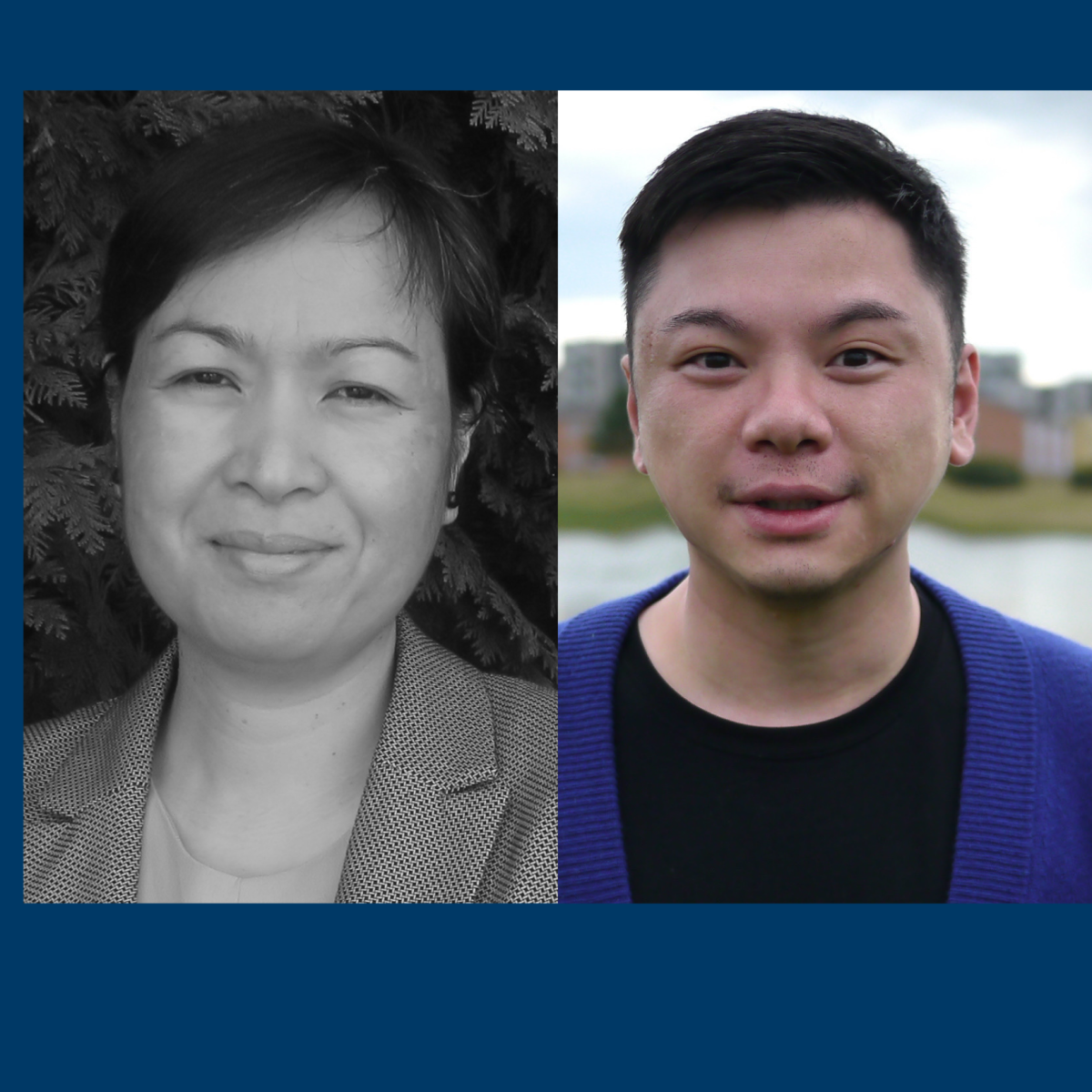
A Conversation with the "2025 GenSeM Best Paper" Winners
Asuncion Fresnoza-Flot & Herbary Cheung
In their paper, they argue that researchers’ power and positionality shift across research phases, relationships, and institutions.
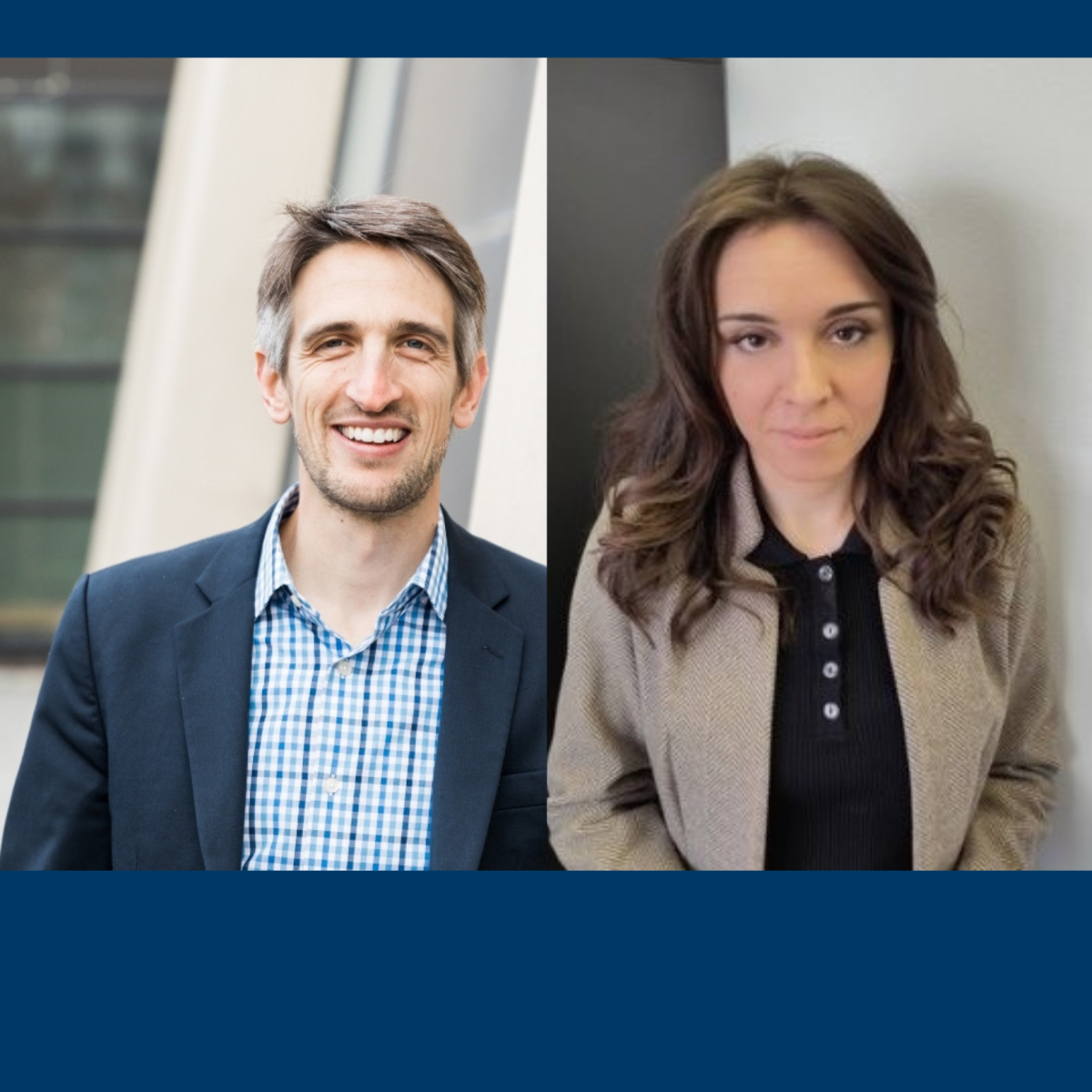
Schools as sites of migrant integration
Irene Landini & Jacob Garrett
Our interviewees in this episode have compelling research on how schools are sites of “integration” to be taken seriously.
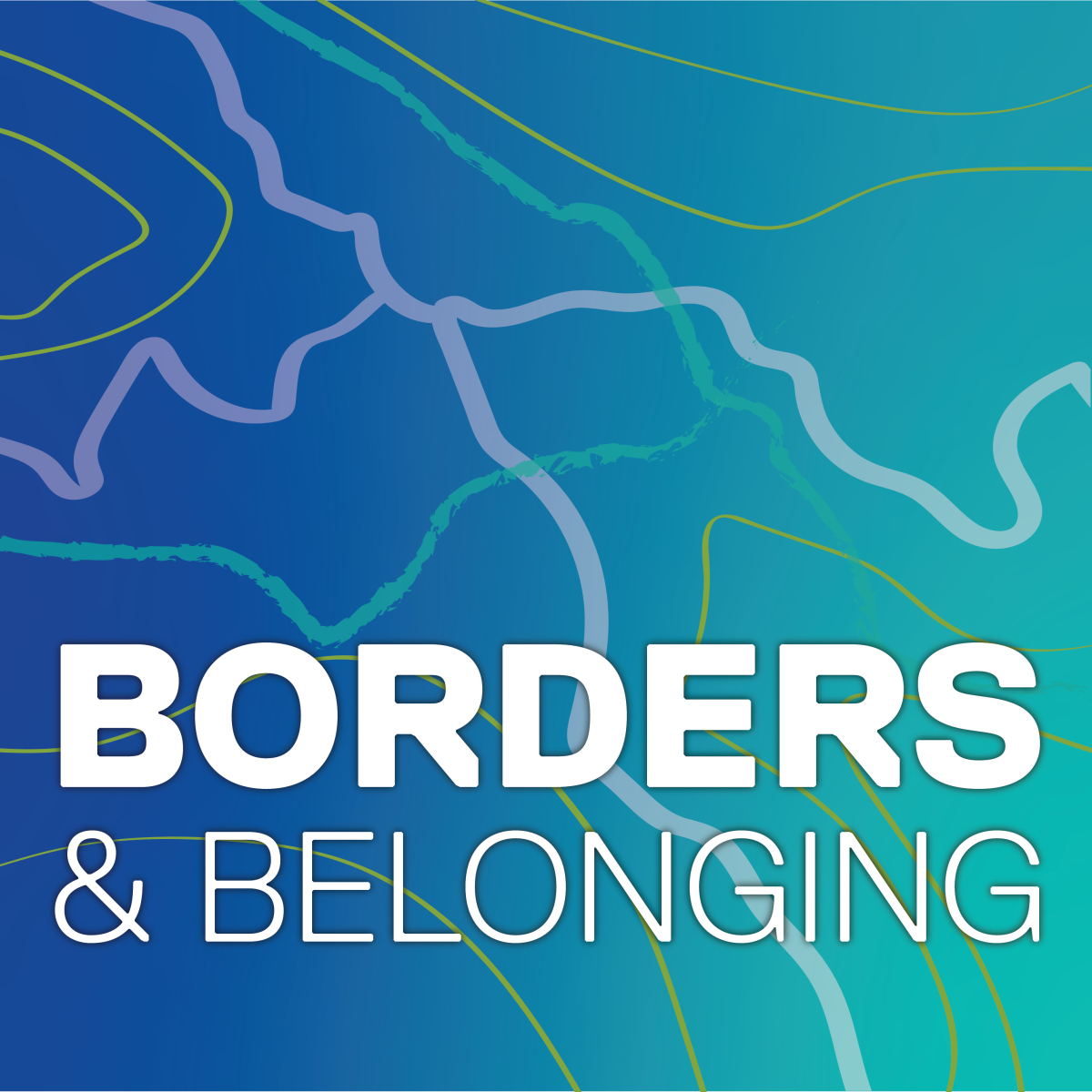
False narratives, real consequences: Social media's impact on thoughts about migration?
Katie Paul, Anatoliy Gruzd & Mattias Ekman
"The rise in false narratives surrounding immigrants and refugees is often amplified by social media and manipulated for political gain"
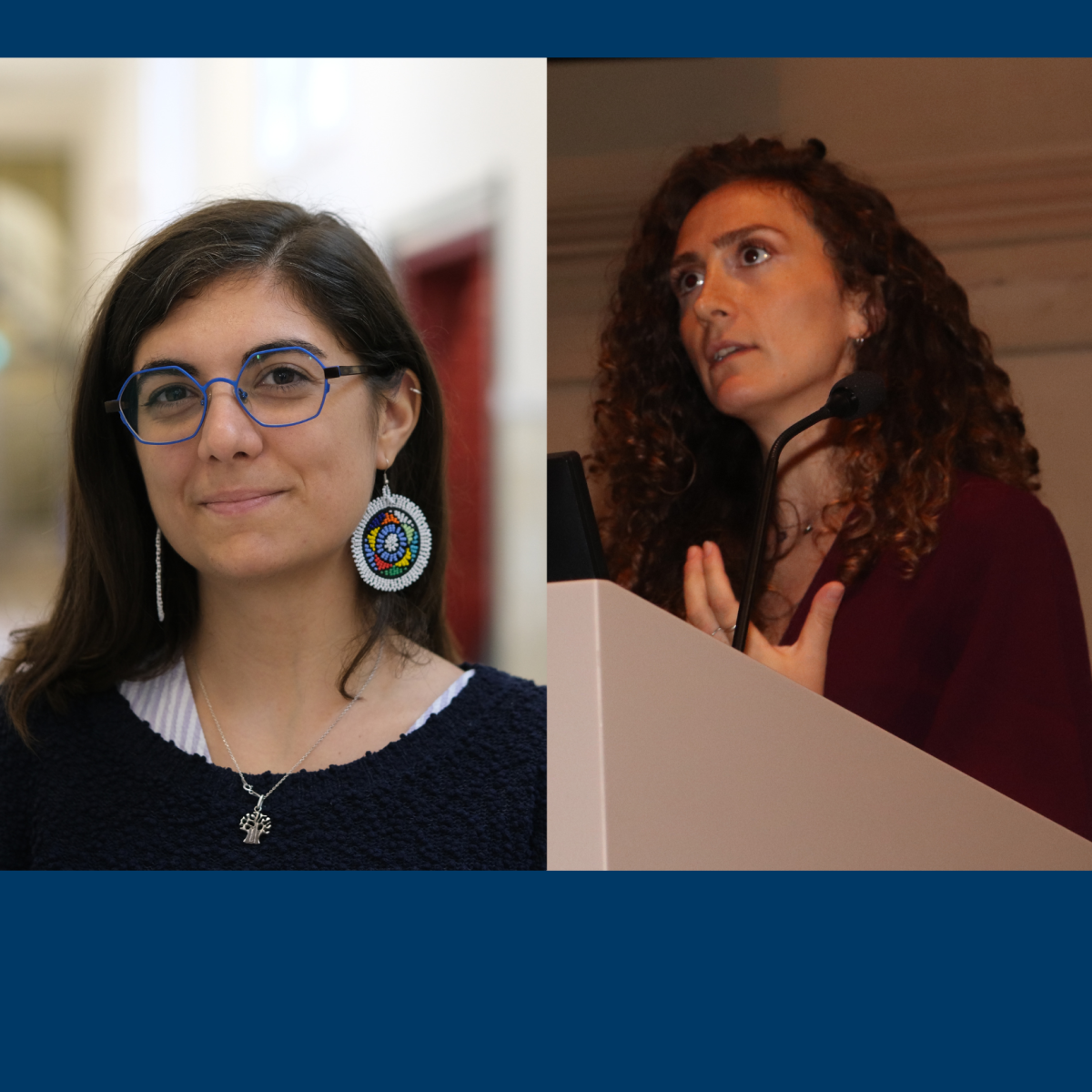
Migration Information Campaigns – European Governments’ strategy
Cecilia Schenetti & Rossella Marino
Whether on billboards, films, or other medium, messages from “do not come” to “it is dangerous” are a consistent part of European states’ to discourage irregularised migration from Africa.
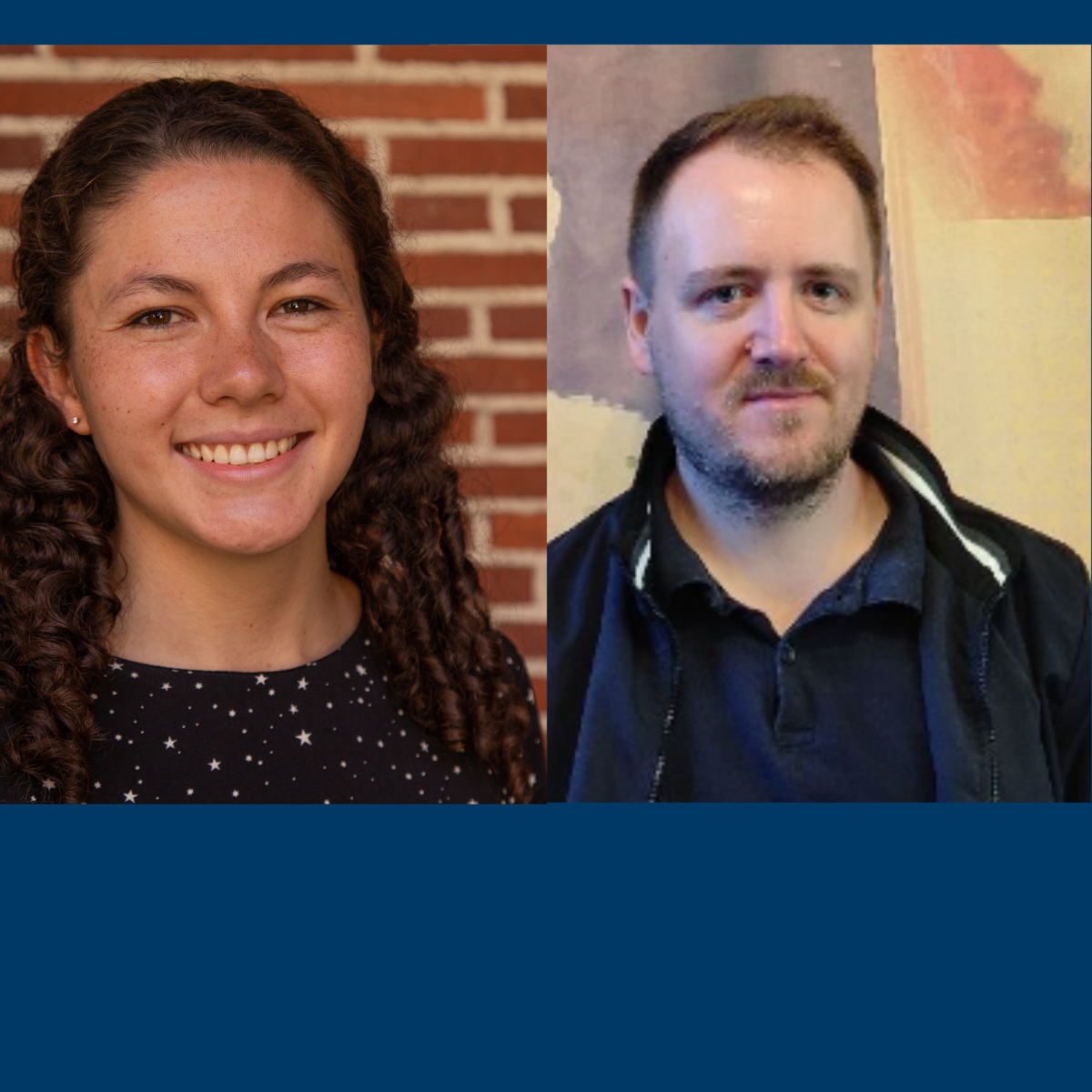
Making Resonance: Forced Migrants and Music Across Borders
Rose Campion & Louis Brehony
Liberty Chee speaks with two scholars whose research focuses on musicians who have been displaced from their homelands.

How European Cities Respond to Migration
Andrea Pettrachin & Karolina Łukasiewicz
This episode features a conversation recorded live at the IMISCOE annual conference that was hosted in Paris-Auberville in early July.
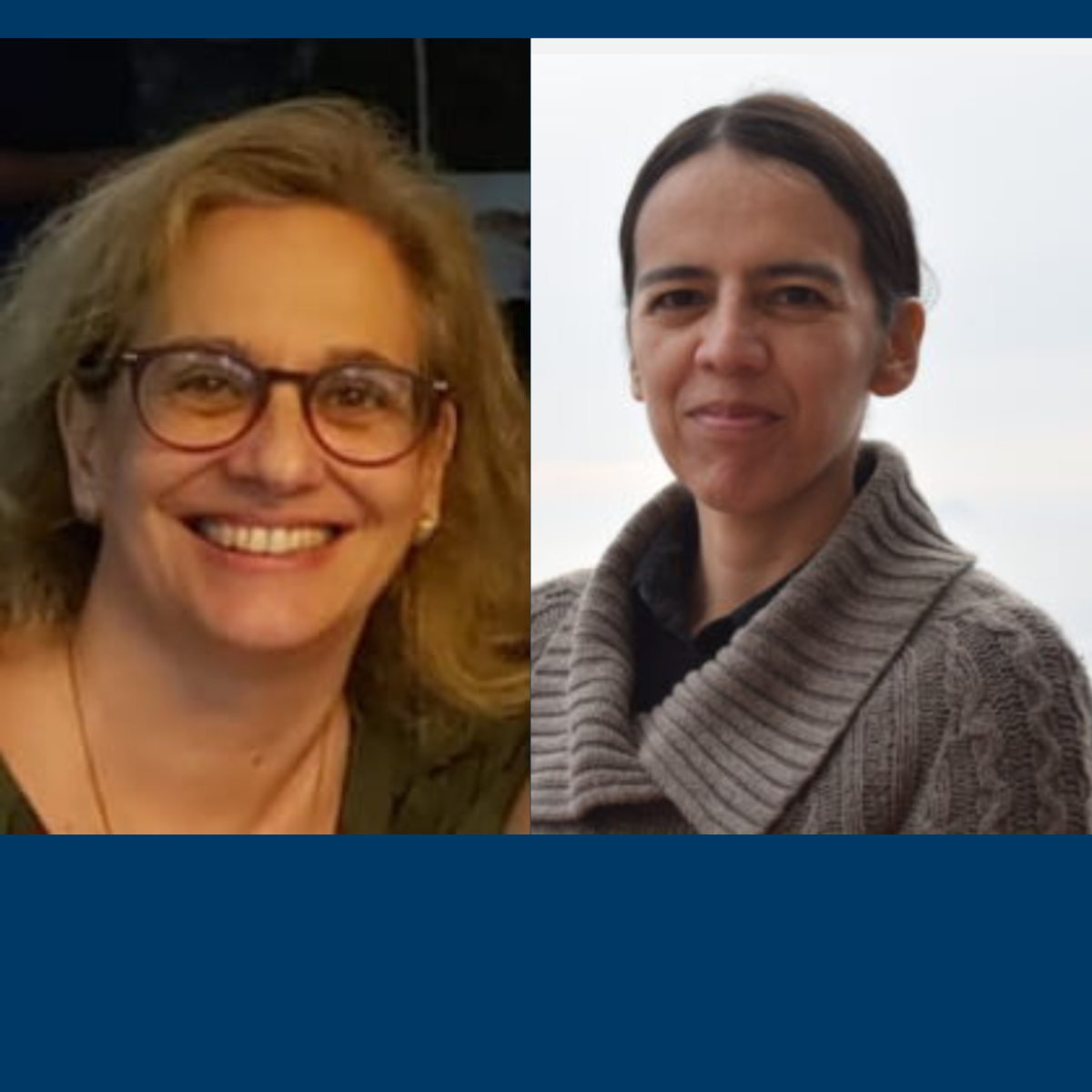
Migration and Mental Health: A Look at Latin America
Ietza Bojorquez & Sylvia Dantas
Is migrating a risk factor for one’s mental health? Well, sometimes yes, and sometimes no – it depends on the context and perspective.
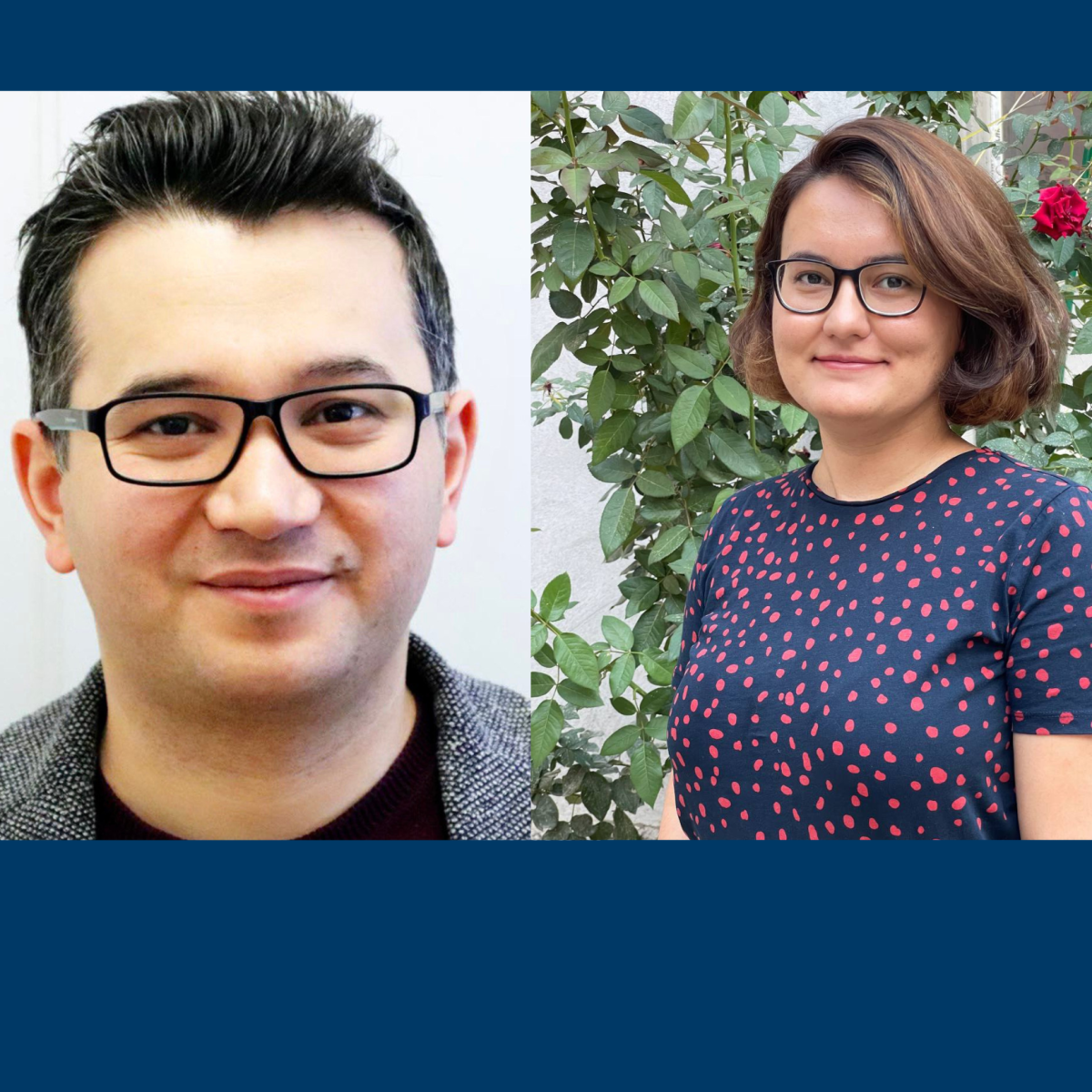
Migration & Russia
Rustam Urinboyev & Nodira Kholmatova
What do you know about the lives of migrants from Central Asia in Russia? Listen to this episode if your answer to this question is "not enough".
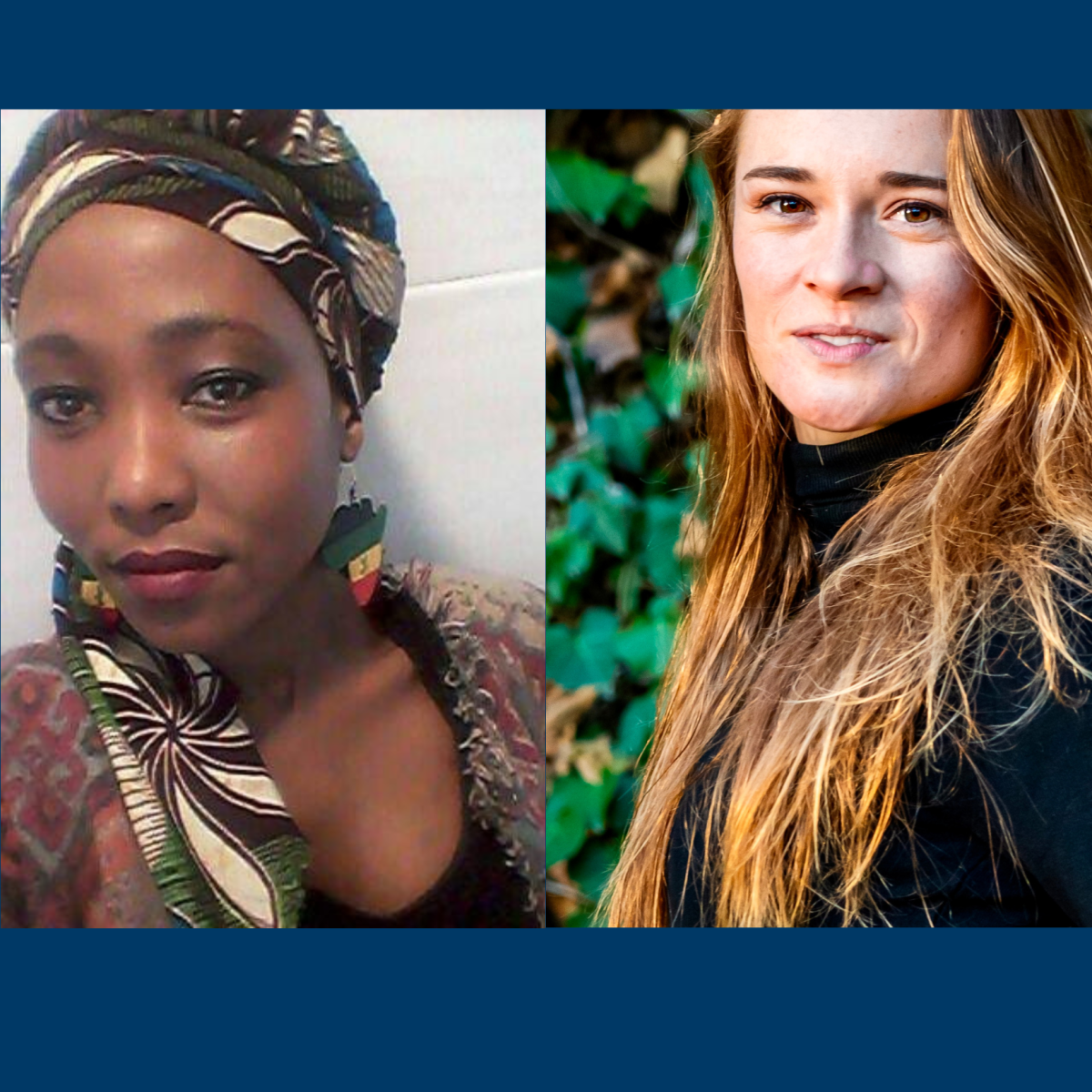
Film and digital storytelling in migration research
Ntokozo Yingwana & Isabel Rose Soloaga
It’s an exciting time for qualitative research methods these days. Migration scholars are pushing the boundaries of traditional interview techniques, with the aim to amplify the voices of marginalized groups as well as to influence policy and reach wider audiences.
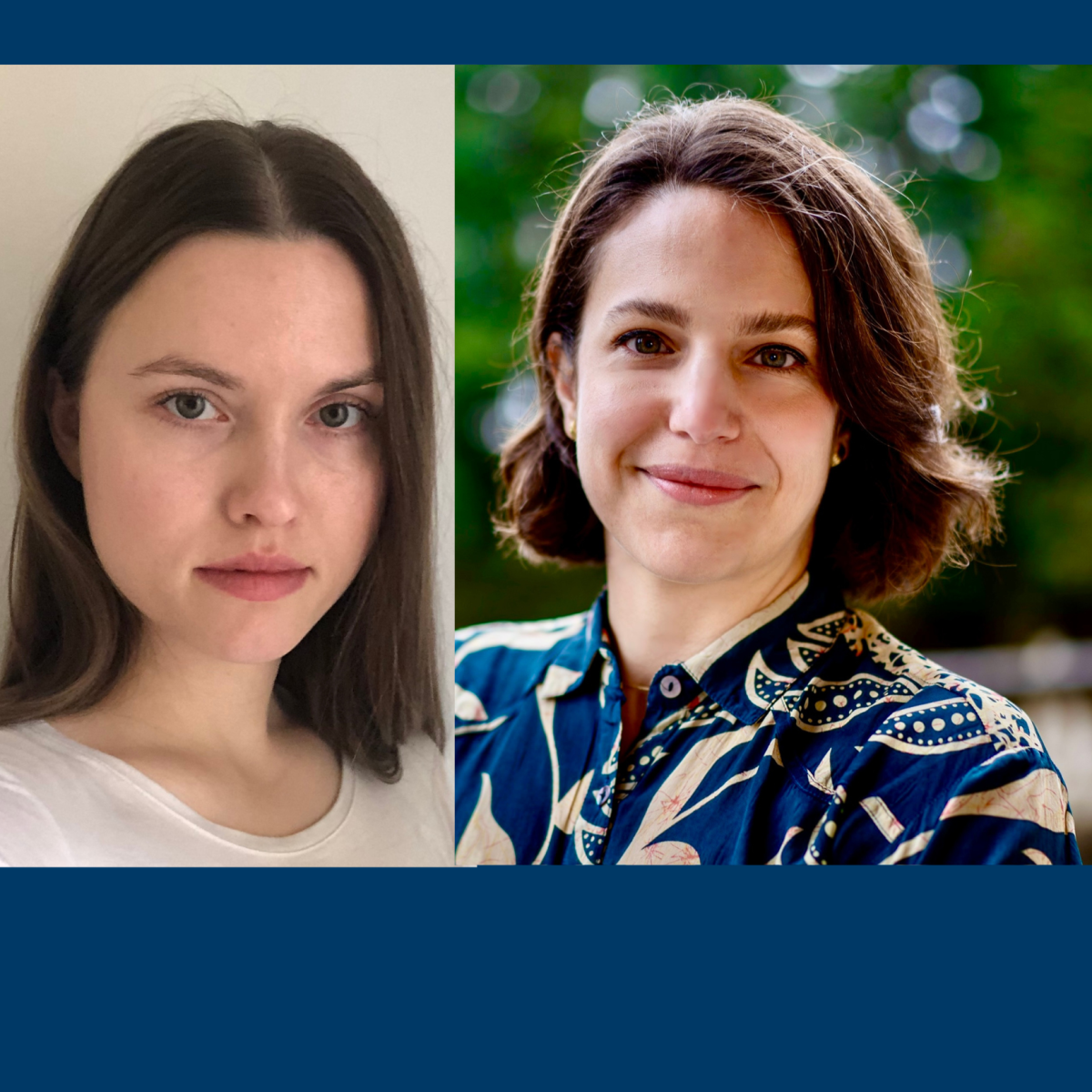
Dublin, solidarity and age.
Ulrike Bialas and Eleonora Milazzo
Ulrike Bialas provides insights into how age classifications affect the lives of young asylum seekers. Eleonora Milazzo tells us what solidarity between EU Member States means in practice.
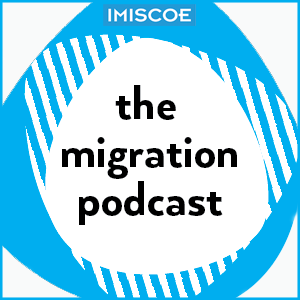
REPOST Borders and Belonging: The rise of digital nomads
Maggie Perzyna
While we take a break from our regular programming before our fifth season – we have a special treat for you!

The resilience of xenophobia
Mathew Creighton
Asya Pisarevaskaya speaks with Mathew Creighton about his recent book “Hidden Hate: The Resilience of Xenophobia.”

Ukrainian emigration to Poland
Ivana Kyliushyk
“Even the market next to the station was called Warsaw Market.” In this episode you’ll hear Louise Ryan interview Ivanna Kyliushyk about the situation of Ukrainian migrants in Poland, before and since the Russian Invasion of Ukraine in February 2022.
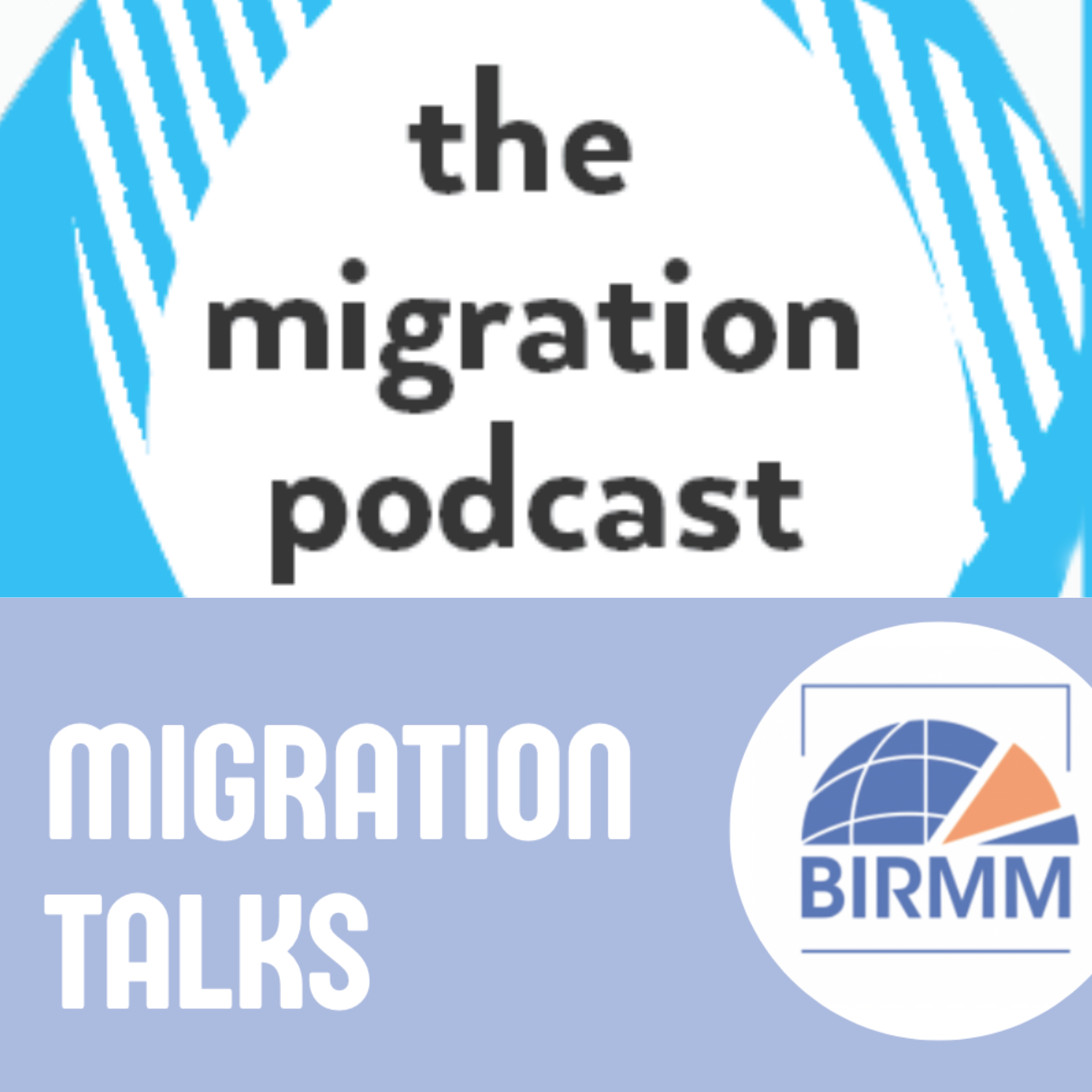
Introducing: Migration Talks- The Impact Of Migration Narratives on EU Policymaking
BIRMM
Check out the "Migration Talks" podcast and the recent episode on the impact of migration narratives on EU policymaking, just in time for the EP elections this month.

Migrant child protection in Latin America & the Caribbean
Pablo Ceriani
Alexandra Castro speaks with Pablo Ceriani about the changing migration patterns of children across Latin America, and how there has been a general increase in capacity and willingness to deal with migrant child protection in the region.
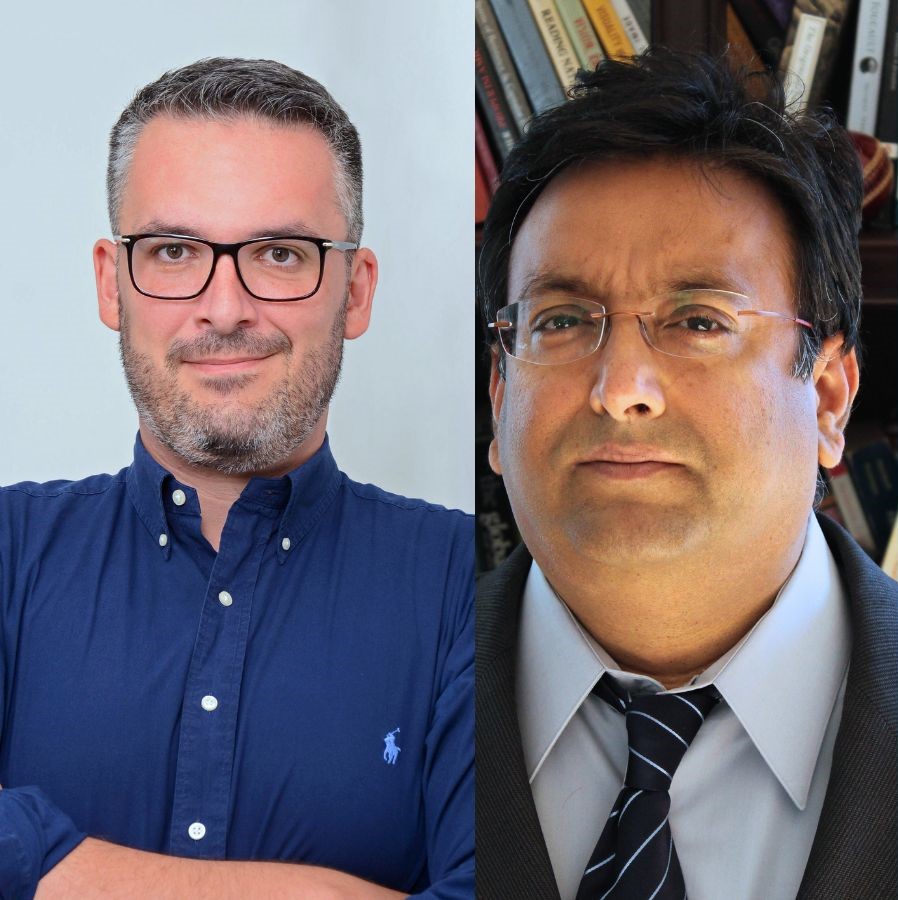
The transnational social contract in the Global South
Gerasimos Tsourapas & Kamal Sadiq
In this episode, Roos Derrix chats with Gerasimos Tsourapas and Kamal Sadiq about their latest project on the politics of South-South labour migration, and the development of a transnational social contract between states and their migrant populations.
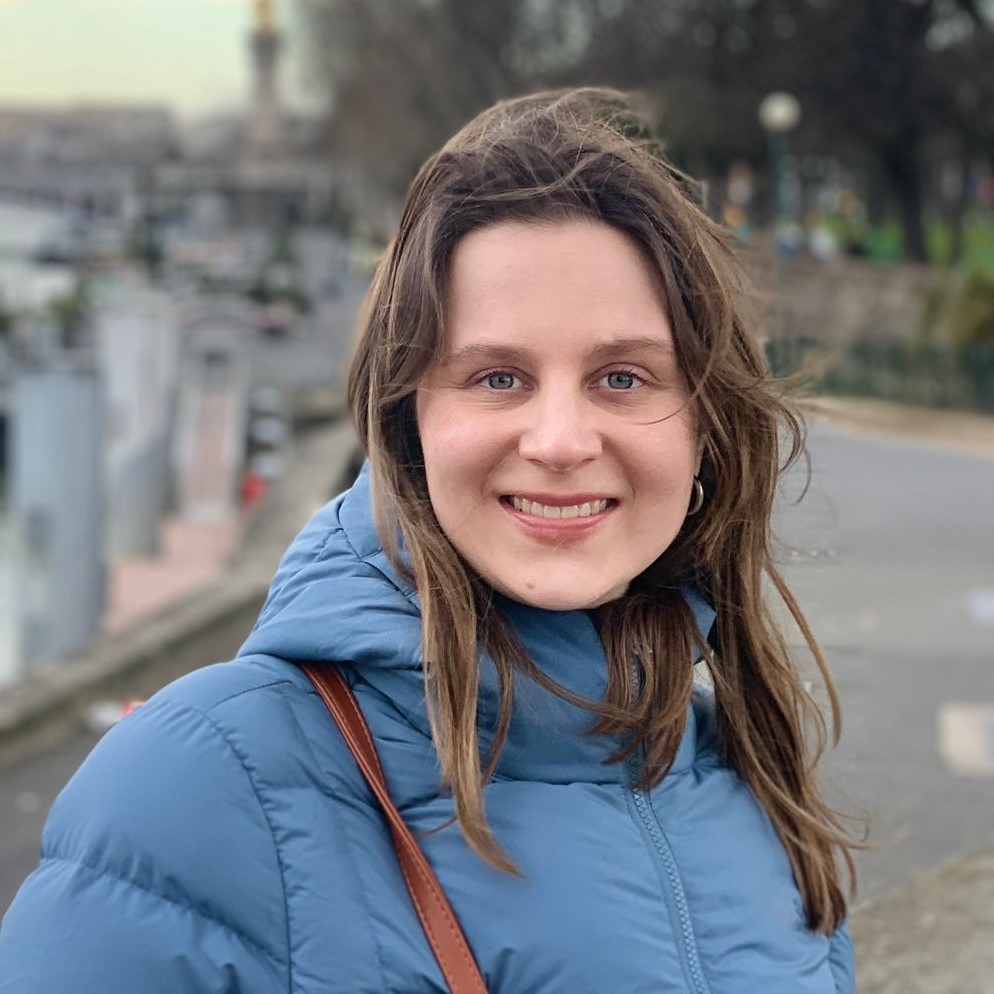
Kerala's social protection policies for emigrants in the Gulf
Mira Burmeister-Rudolph
In this episode, Mira Burmeister-Rudolph speaks with Liberty Chee about Kerala’s social protection policies for Indian migrants to the Gulf, the latter’s relationships with diasporic communities and how migrant status is shaped by and shapes citizen-state relations.
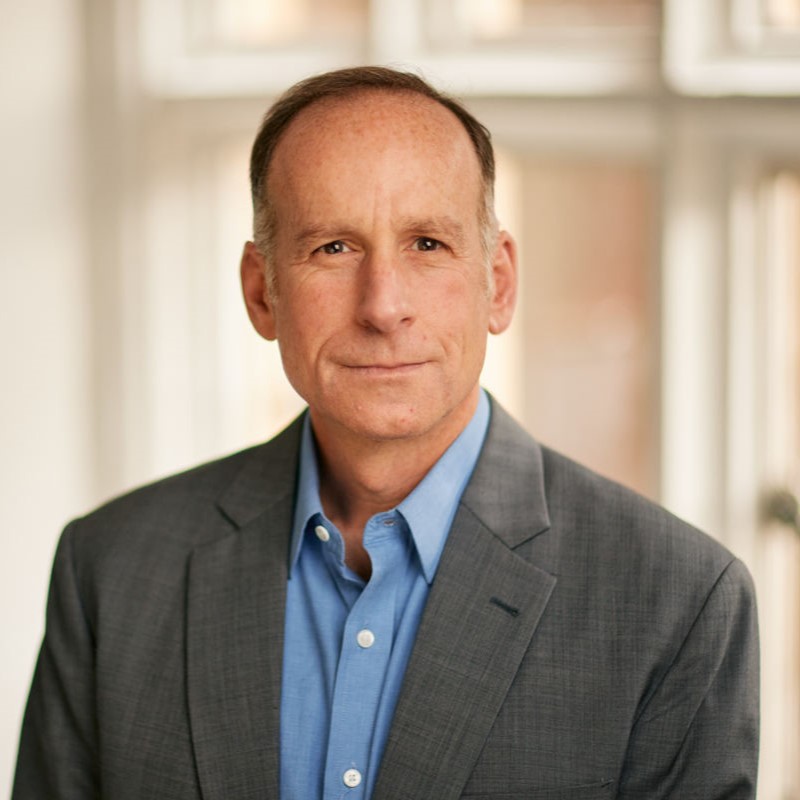
On migration studies and migration to African cities
Loren Landau
We hear Silindile Mlilo interview Loren Landau about how patterns of migration to cities in Africa is distinct from urbanization in other parts of the world . Loren also speaks about how he sees the current state of migration studies and the importance of keeping space for research that shifts perspectives away from donor priorities.
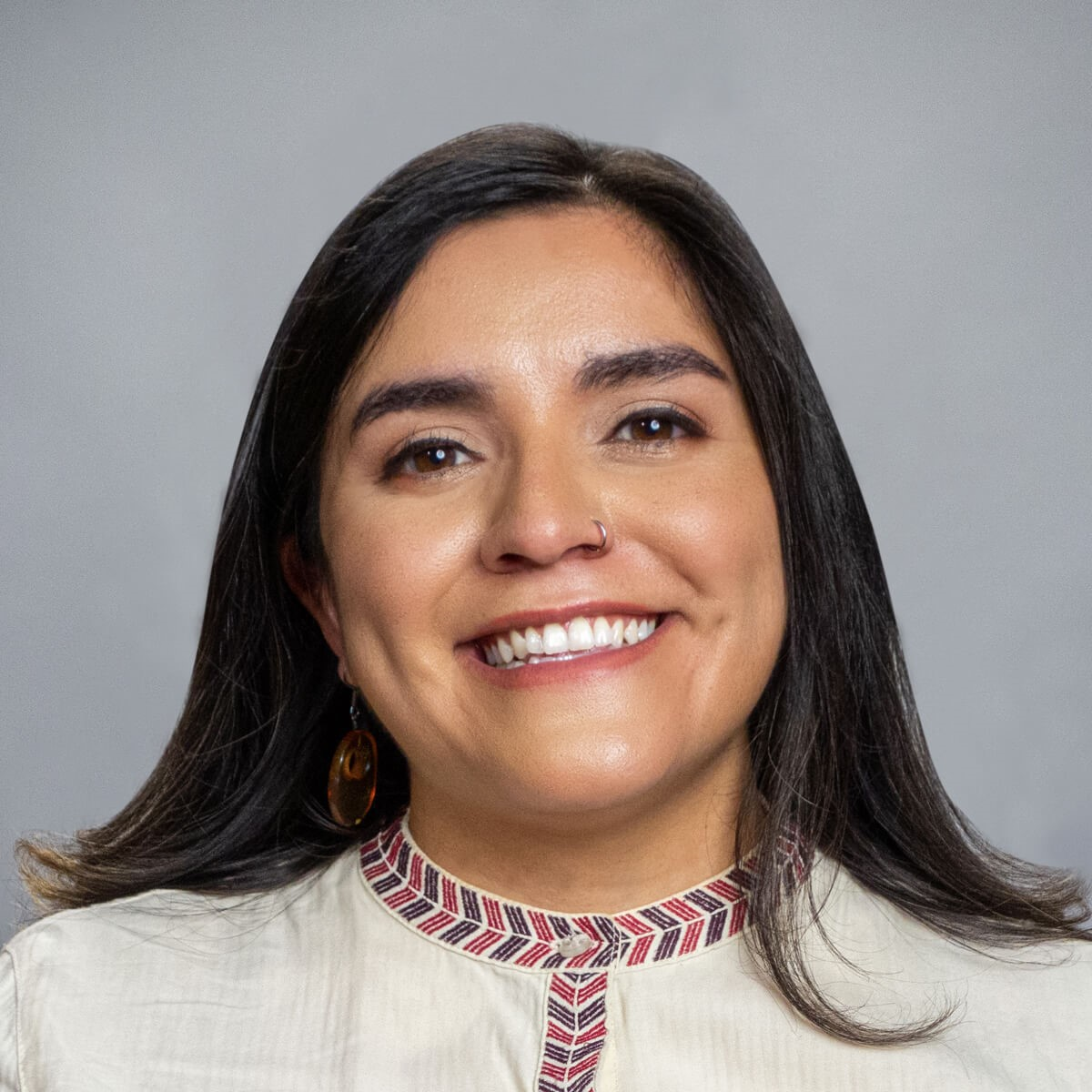
"Road families" en route to the Mexico-US border
Alejandra Díaz de León
Itzel Eguiluz speaks with Alejandra Díaz de León about how the journey of Central American migrants walking north, through Mexico, is about much more than just having practical strategies to survive the journey.

Logistical Power and the constraint of Mobility
Biao Xiang
In this episode, Yixin Zhang interviews Biao Xiang, about how analyzing processes of control over mobility and immobility can help explain the different consequences of the COVID-19 pandemic in Wuhan and Shanghai, in China.
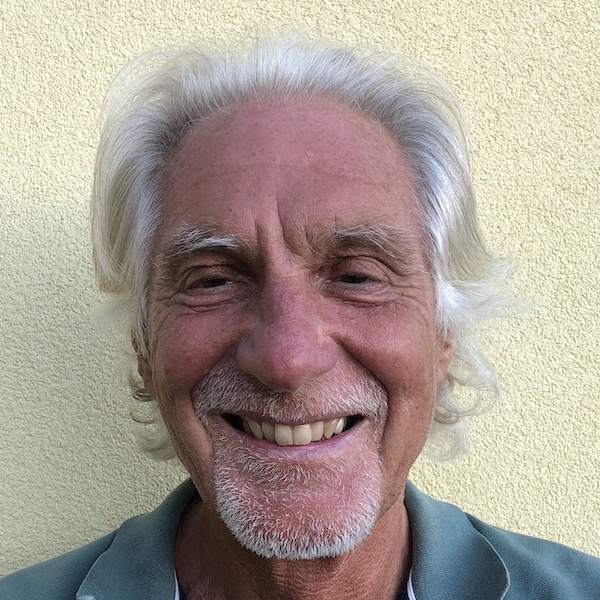
On researching how and why people migrate, for over 50 years
Russell King
Russell King has been teaching and researching the topic of migration for more than 50 years. In this episode, he is interviewed by Sara Hannafin about thinking beyond the dominate frameworks of how and why people migrate.

How to foster a career across disciplines & sectors
Bernadette Nirmal Kumar
In this episode, Larisa Ozeryansky speaks to Dr. Bernadette Nirmal Kumar, expert in migration and health, about her career trajectory from working in medicine, to public health policy and pursuing academic research.
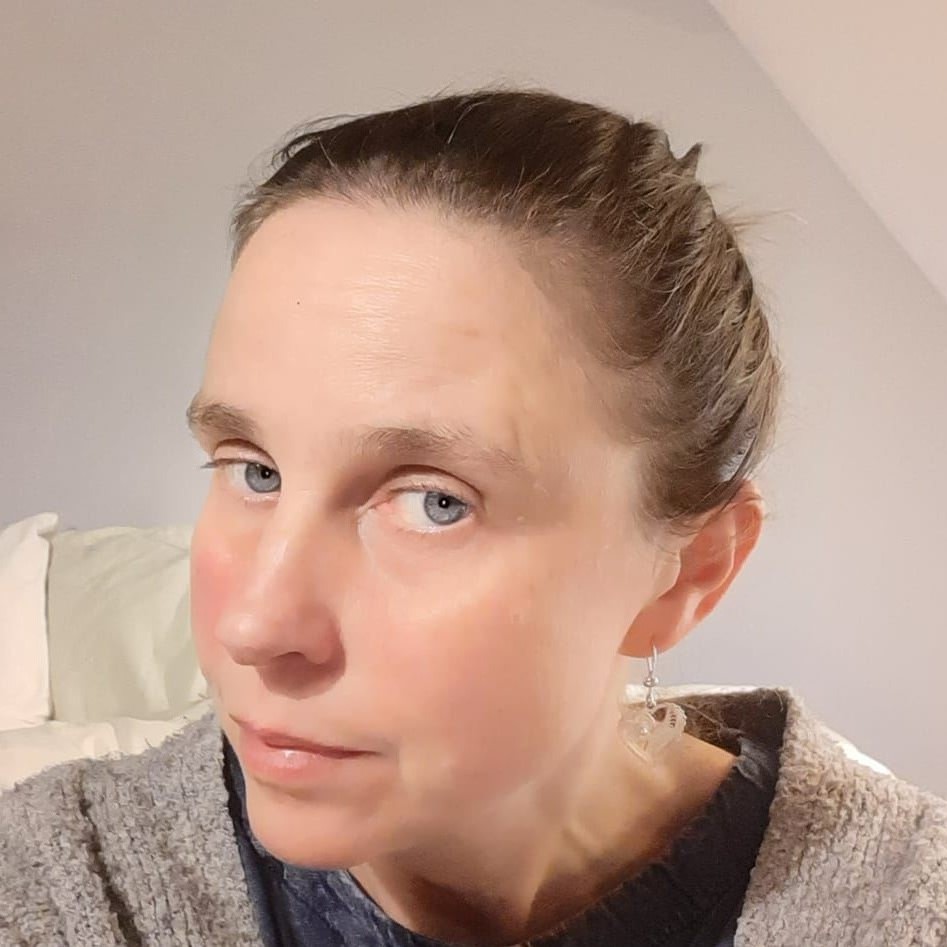
Statelessness and Research Ethics
Natalie Brinham
Natalie Brinham talks to Samanwita Paul about the rich field of statelessness studies, how survivors of state crime disrupt dominant discourse around “legal identity”, and her experience of conducting qualitative research with Rohingya in the wake of the genocide in 2017.
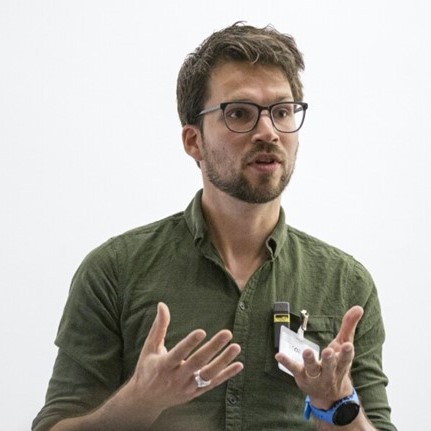
Digital Migration
Koen Leurs
Migrants are natural adopters of mobile technologies. Rob Sharp interviews Koen Leurs about his book Digital Migration. They discuss the datafication of migration and that migration researchers need to avoid enabling mechanisms of migration control.

Refugees as Architects
Ayham Dalal
In this episode Amanda Alencar speaks to Ayham Dalal about how refugees living in camps adapt the space around them to fit their needs.
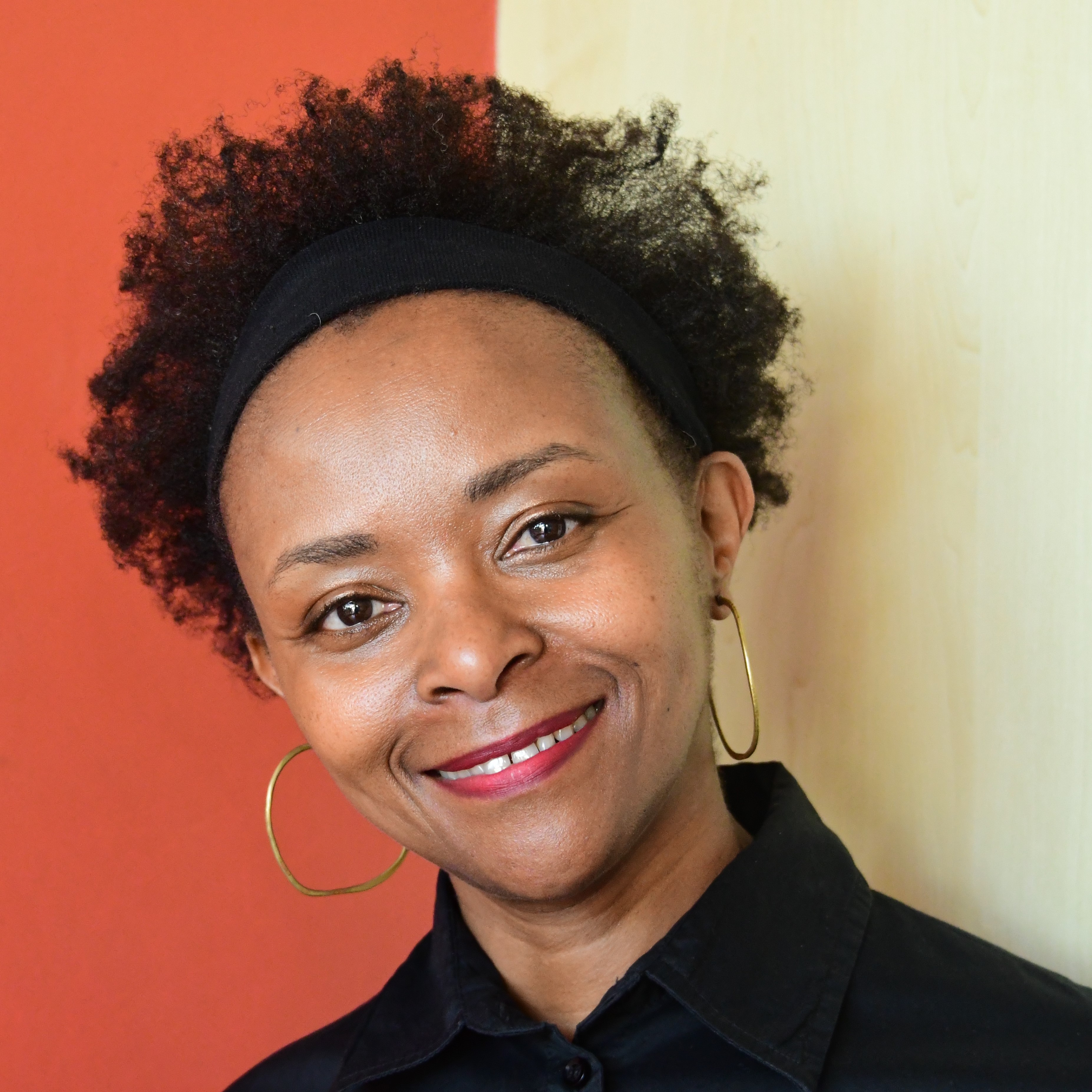
About turning data into art
Caroline Wanjiku Kihato
Have you ever considered translating your research into music or other forms of art? Caroline Wanjiku Kihato speaks about how she collaborated with artists to turn stories from her book “Migrant Women of Johannesburg: Life in an in-between City” into a musical composition.

On using participatory filmmaking in research
Kevin Smets
In this episode, we explore how participatory filmmaking can be used in research. Amanda Alencar spoke to Kevin Smets about studying borderlands through film.
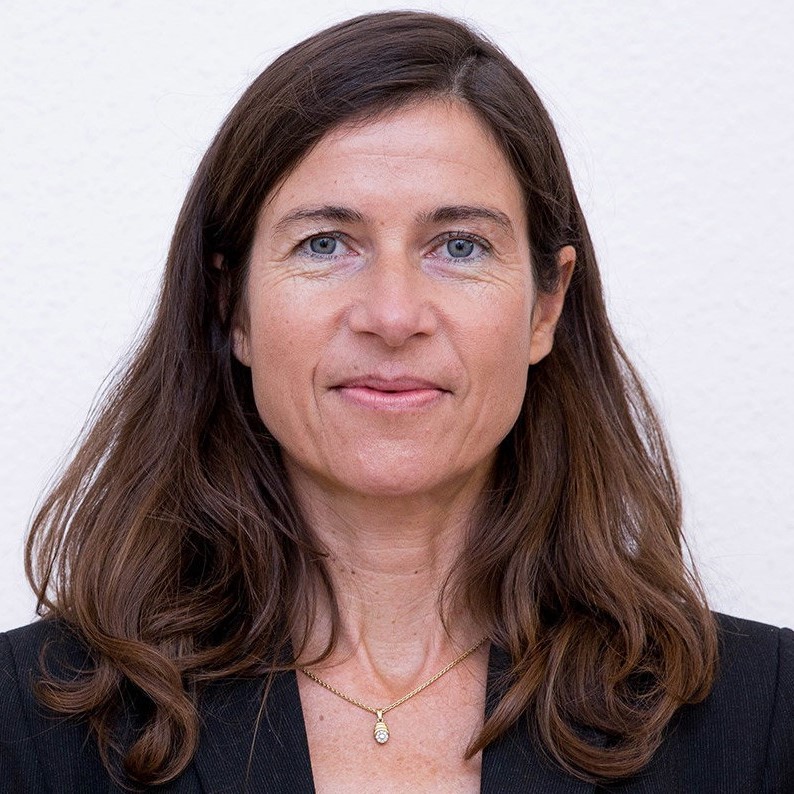
Comparing refugee reception in Germany in 2015 and today
Birgit Glorius
In this episode, Asya speaks to Birgit Glorius about whether refugee reception and reception infrastructure in Germany have changed over time.
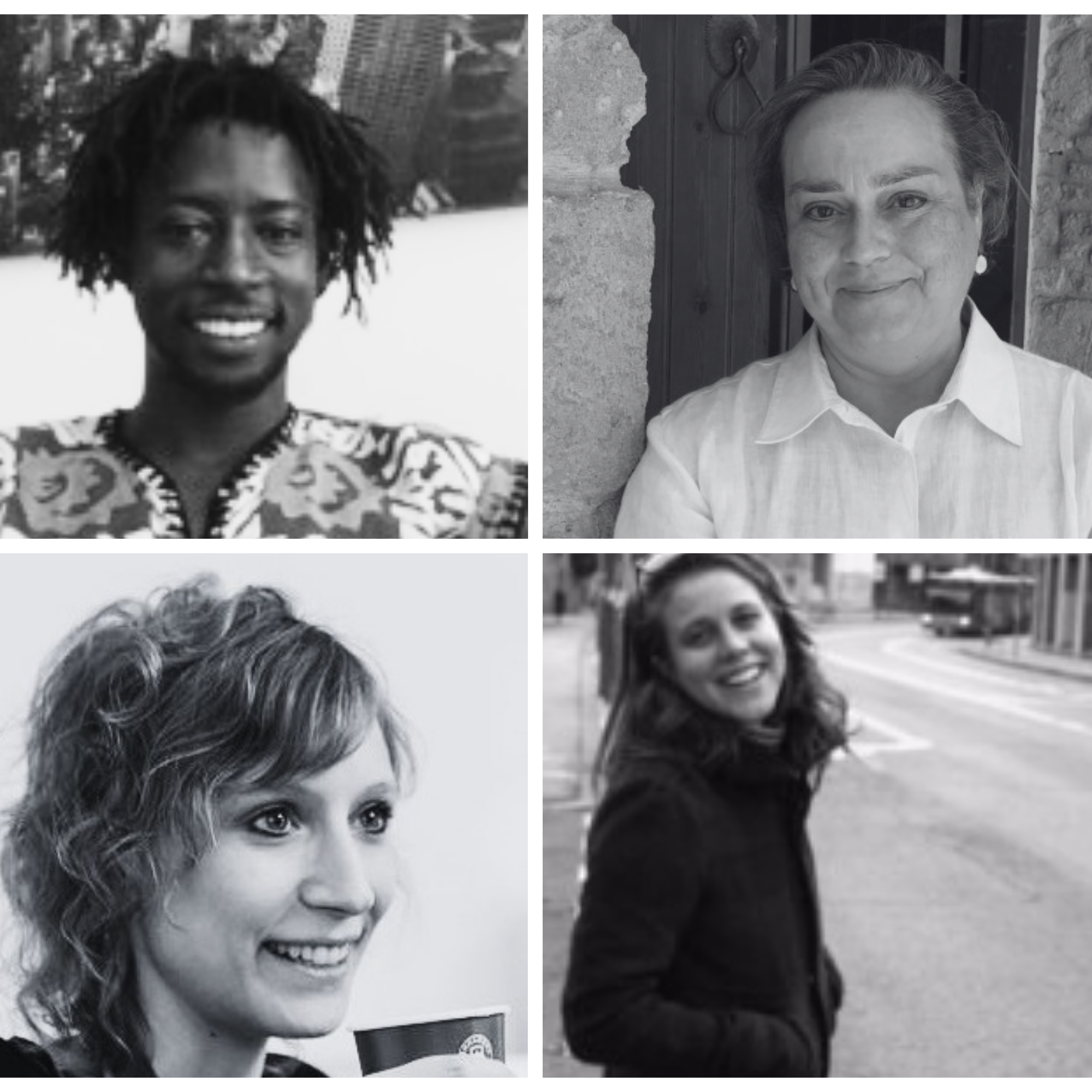
About the role of perceptions and (mis)information in migration to Europe
Diotima Bertel, Sara C. Granger, Elizabeth Kassinis & Alagie Jinkang
Since 2019, I was involved in PERCEPTIONS, a research project exploring perceptions and imaginaries of Europe, how these came about, how they circulated, and their role in migration decisions. As the project comes to a close, I am discussing some of the findings with four of my co-researchers.
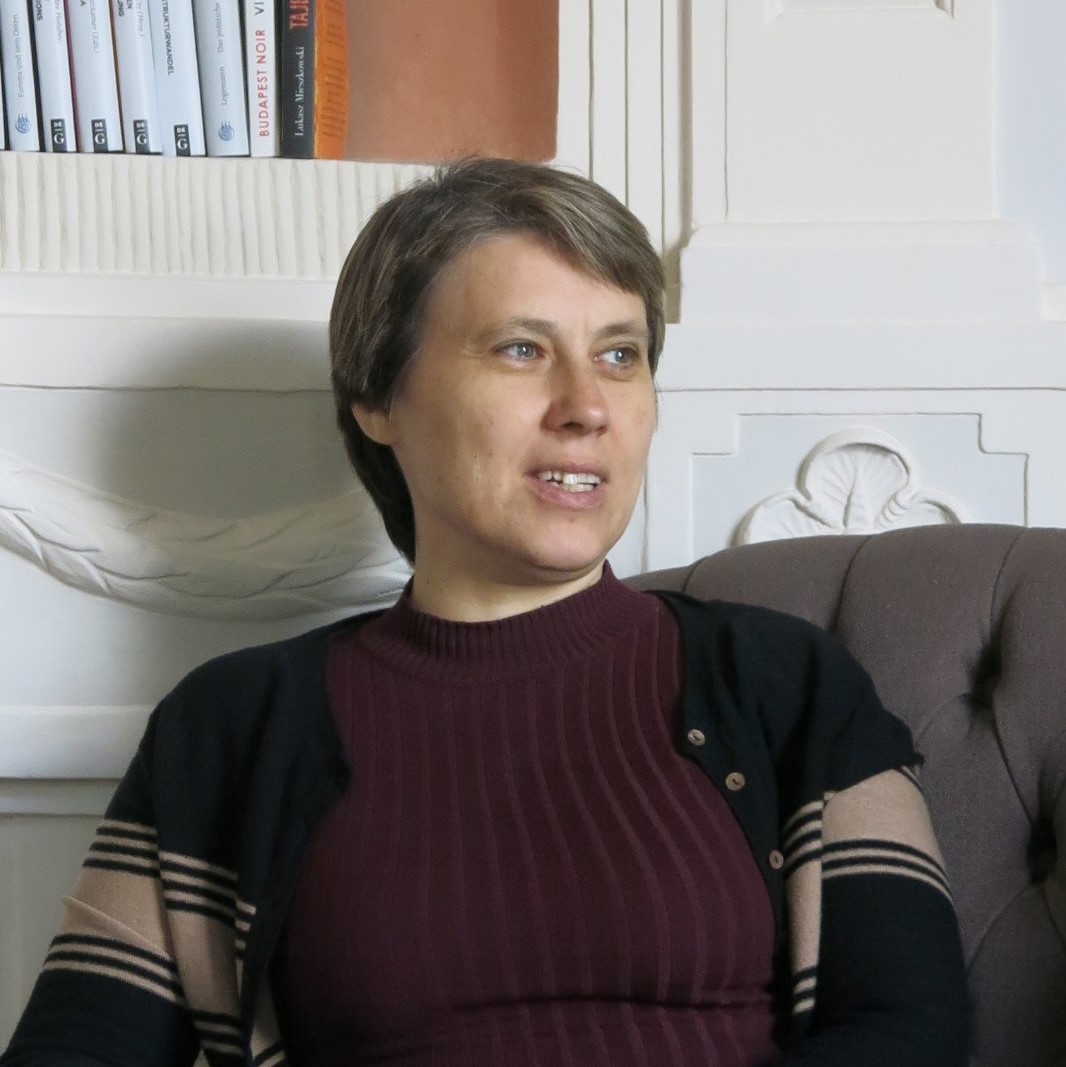
About Ukrainian displacement since 2014
Viktoria Sereda
Our guest today is Viktoria Sereda, a Ukrainian scholar whose research expertise straddles the formation of sociopolitical identity, cross-regional mobility, as well as internal and international displacement of Ukrainians following the Russian annexation of Crimea in 2014.
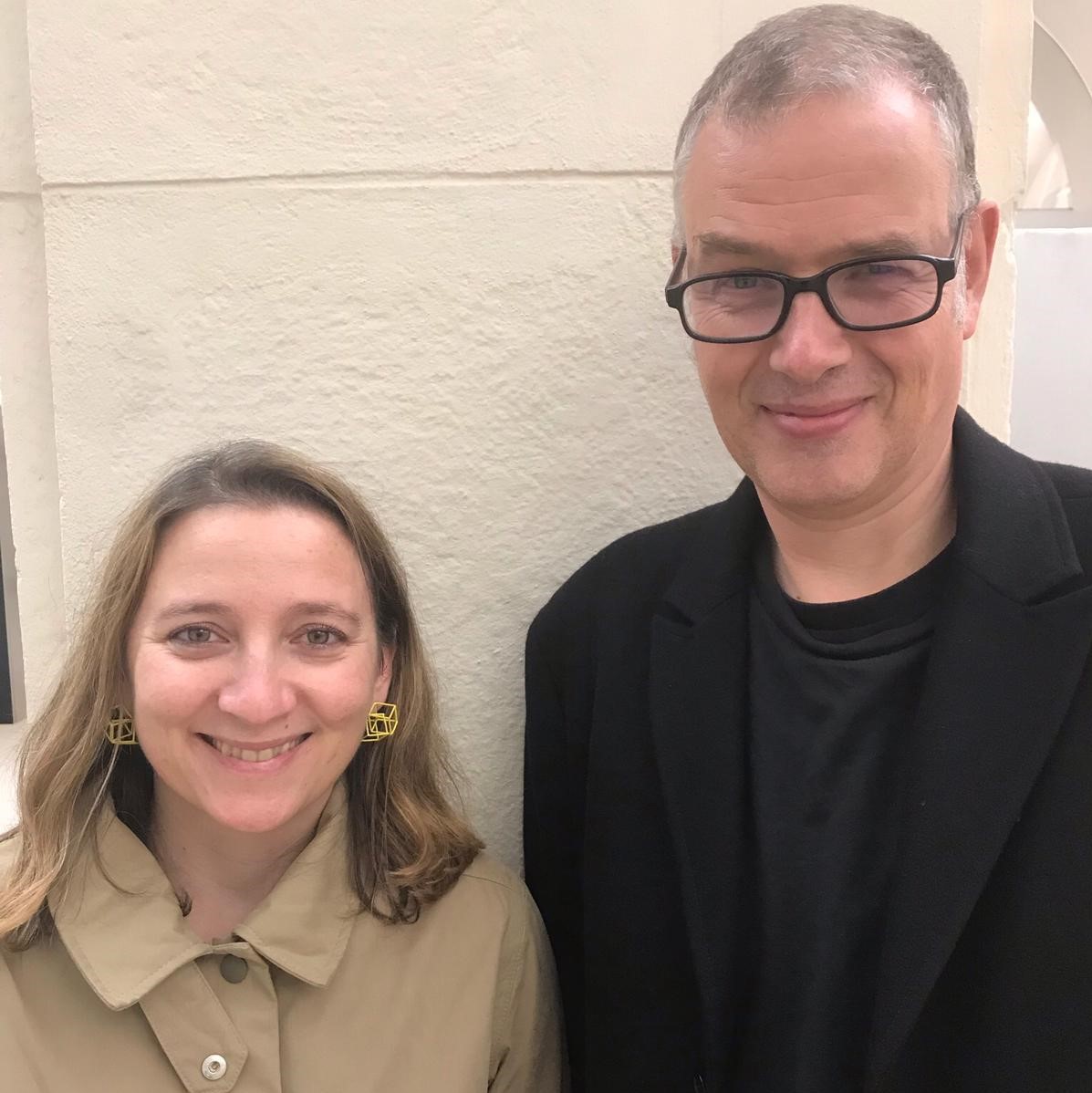
On complementary pathways
Zvezda Vankova & Albert Kraler
Complementary pathways are safe and legal pathways outside of traditional resettlement for refugees looking to relocate.

Who is academic podcasting for? Bella´s Research Results
Bella C. Gualano
Academic podcasting is enjoying a steady increase in engagement across all fields. But who is it for? Bella investigated how academic podcasting is perceived and received by audiences.
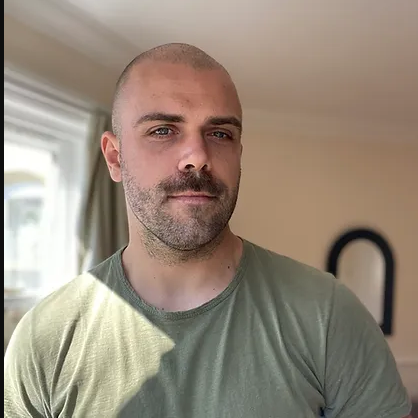
On how farmers cope with displacement in Mozambique
Gediminas Lesutis
Gediminas Lesutis spoke to Jolynna Sinanan about the displacement and resettlement of small-scale farmers because of mining activities in Mozambique, and how these farmers cope with the ensuing changes to their lives.
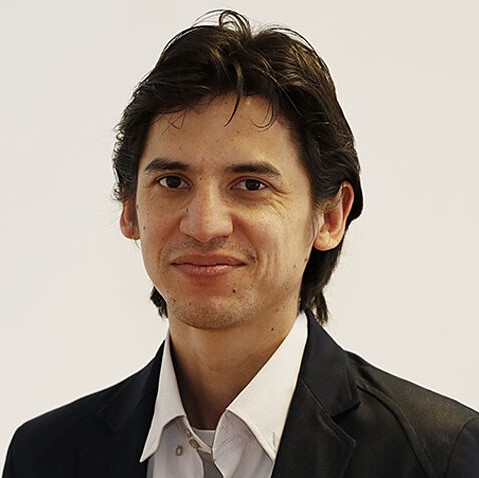
On Climate Change and Migration
Patrick Sakdapolrak
Patrick Sakdapolrak explores migration as a climate change adaptation strategy, speaks about his research on translocal social resilience, and tells us whether migration can impact sustainability practices.
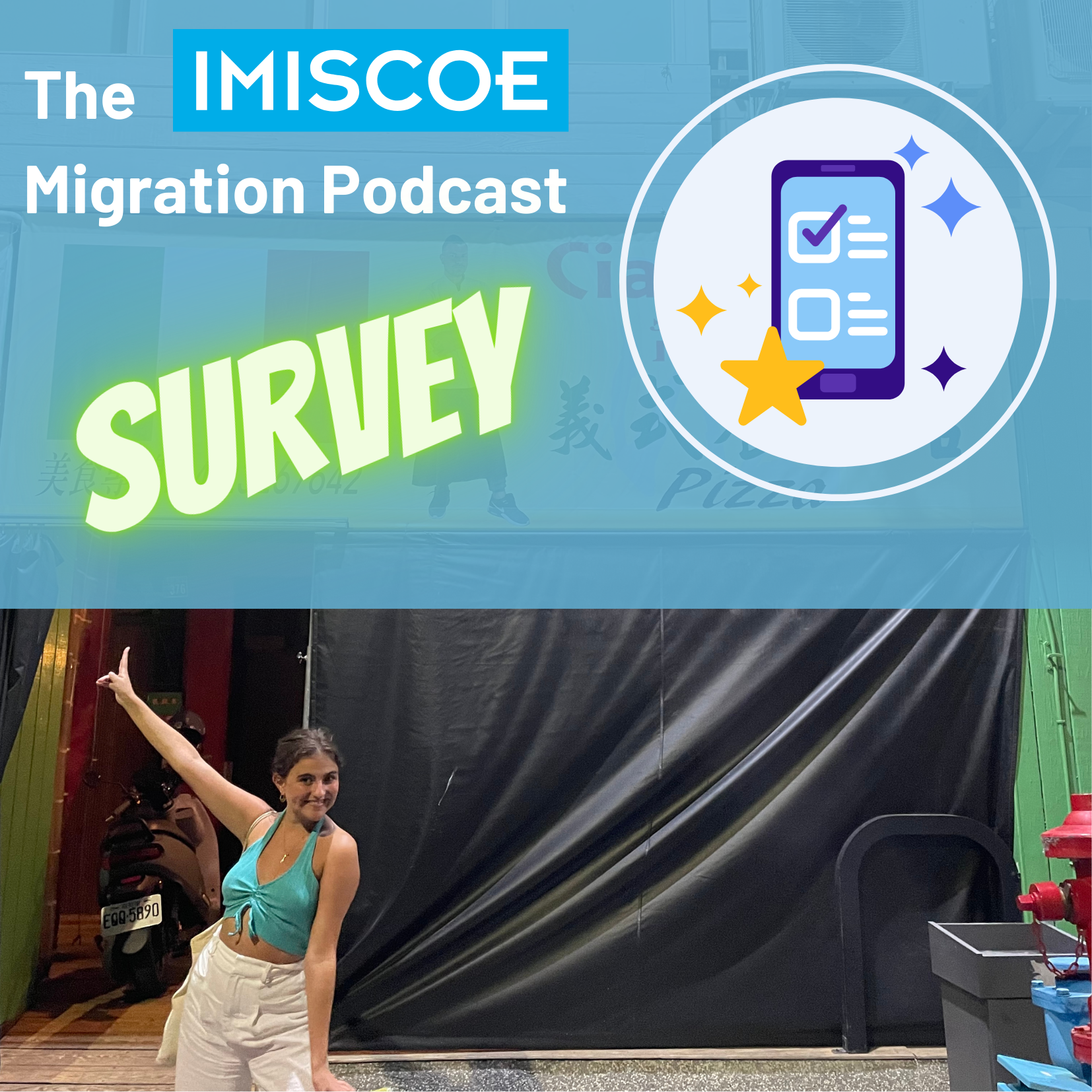
Tell us what you think of academic podcasting
Isabella C. Gualano
Bella is joining our team from July to October to find out more about academic podcasting, its use cases and what makes a podcast 'academic'. Share your thoughts by participating in the survey.
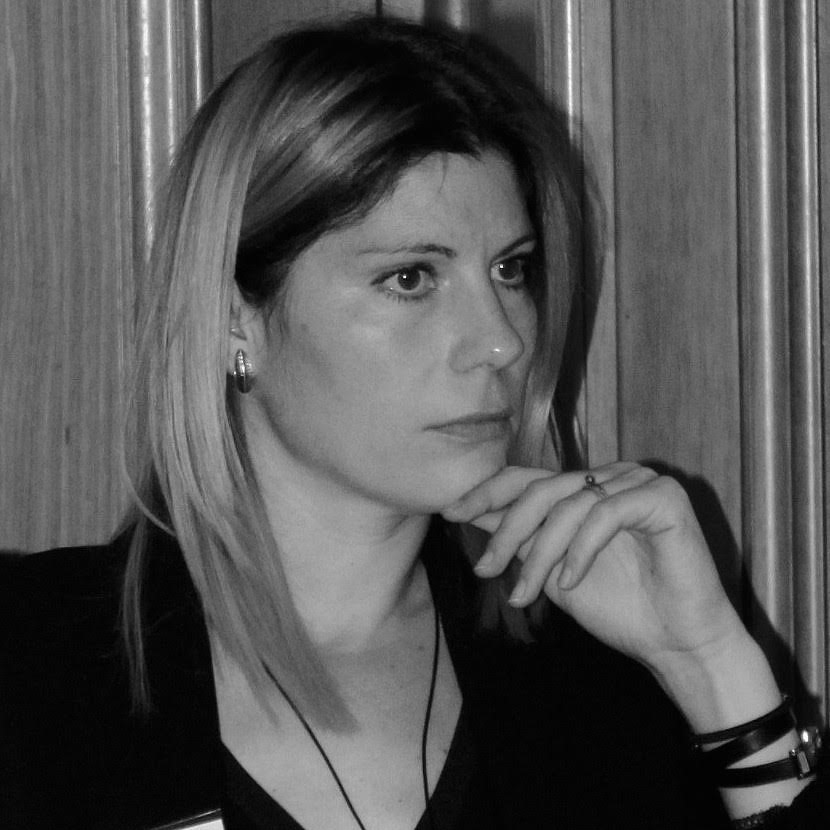
On Eastern Europeans in the UK
Yva Alexandrova
In a 2016 referendum, the British public voted to exit the European Union. Xenophobia played an important role in the outcome of that vote, and a lot of that antipathy against migrants was directed towards Eastern Europeans.
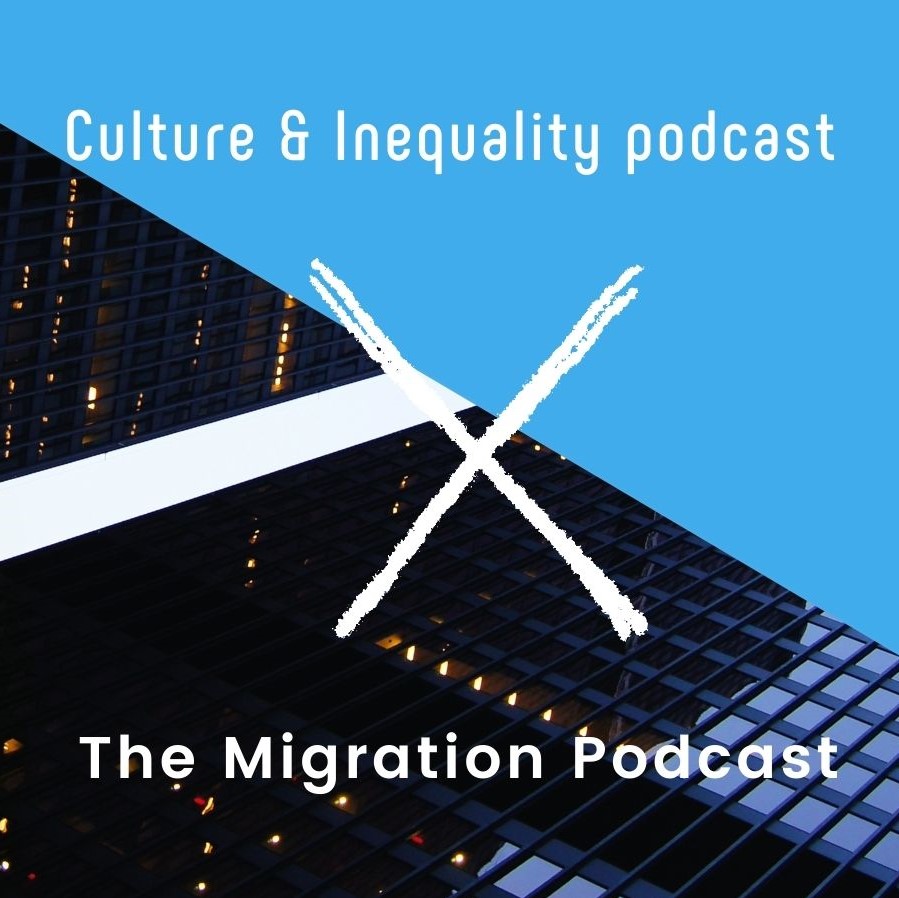
Special Episode (3): Migration and Media
Myria Georgiou & Earvin Cabalquinto
Amanda Alencar discusses with our guests the role played by media and communication in the different aspects of migration, ranging from media representations of migrants to the mediated communication exchanges conducted in digital spaces. This is the final episode of our podcast crossover trilogy.
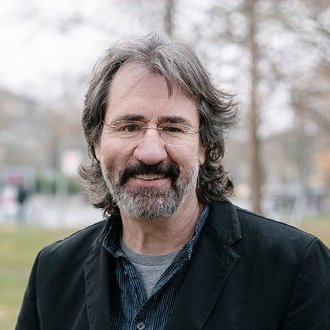
On understanding Social Complexity
Steven Vertovec
To kickstart our new series of episodes, we invited Steven Vertovec to speak about ways of studying and understanding one of the consequences of migration, that is social complexity.

Special Episode (2): Football, Race and Racism
Manou Anselma & John Olivieira
International migration in professional football has brought together players of various racial and ethnic backgrounds. In this second episode of the Culture & Inequality x The Migration Podcast trilogy, we discuss the linkages between race and sport, with a particular focus on football.

Special Episode (1): Music, Social Media, and Migration
Daniela Jaramillo-Dent & Marco Martiniello
This is a special crossover episode between the Migration Podcast and the Culture and Inequality Podcast. The first in a series of three, this episode investigates how Music and Social Media matter in Migration (and vice-versa).
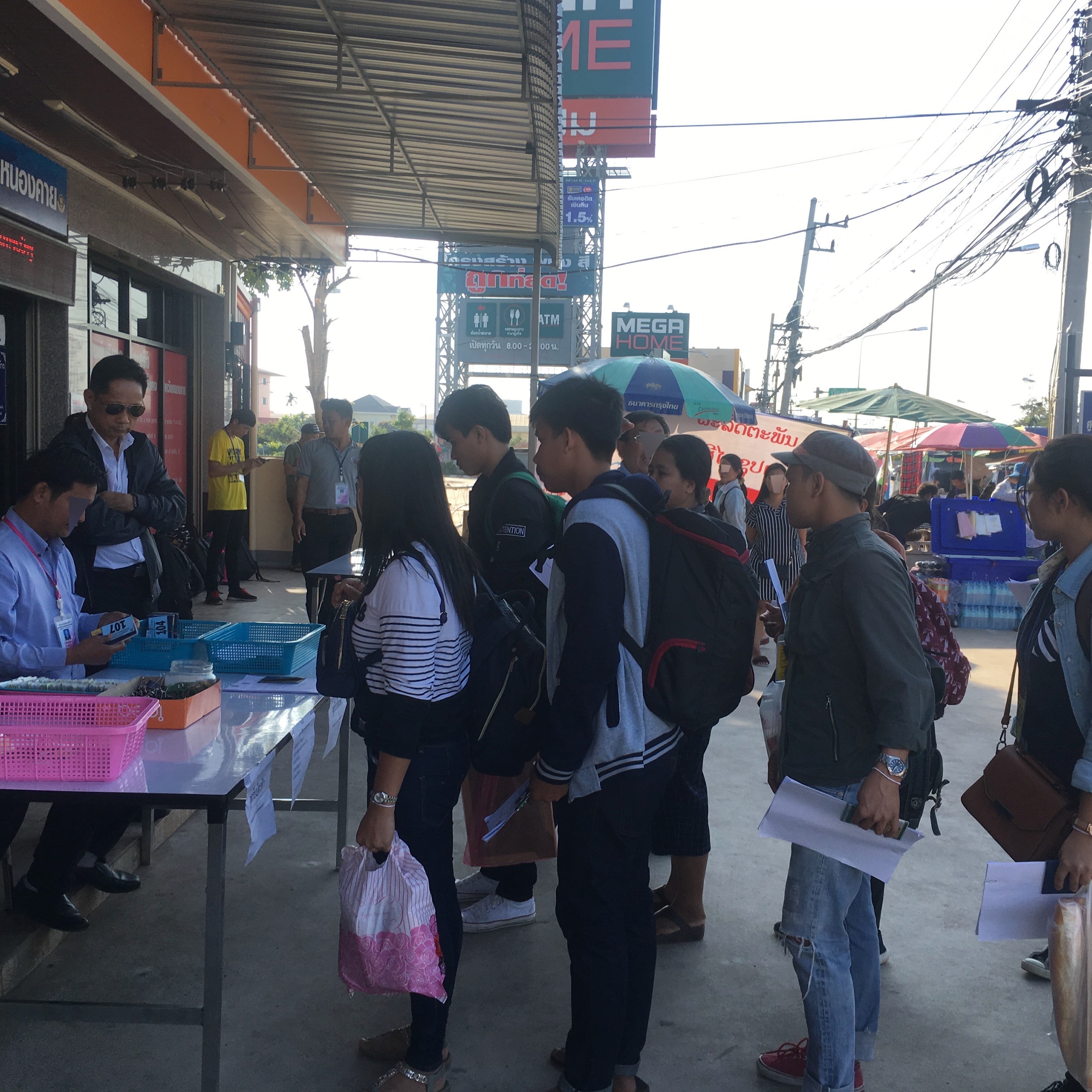
A critical look at "safe migration"
Sverre Molland
Sverre Molland takes a critical look at two themes that have prominently structured humanitarian aid and funding: human trafficking and safe migration. He speaks about how one discourse increasingly gives way to the other, and what that might have to do with the politics of migration.
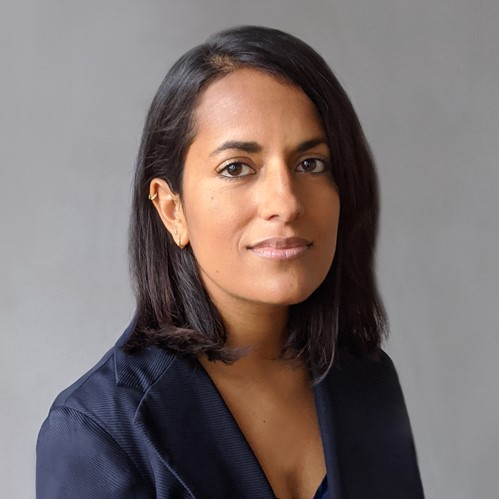
On the importance of time in migration
Shanthi Robertson
When we think of migration we immediately think of space. But time plays a crucial role, too. Just think of the temporal limitations of a visa, or of cross-border mobilities as part and parcel of someone’s professional and personal careers.
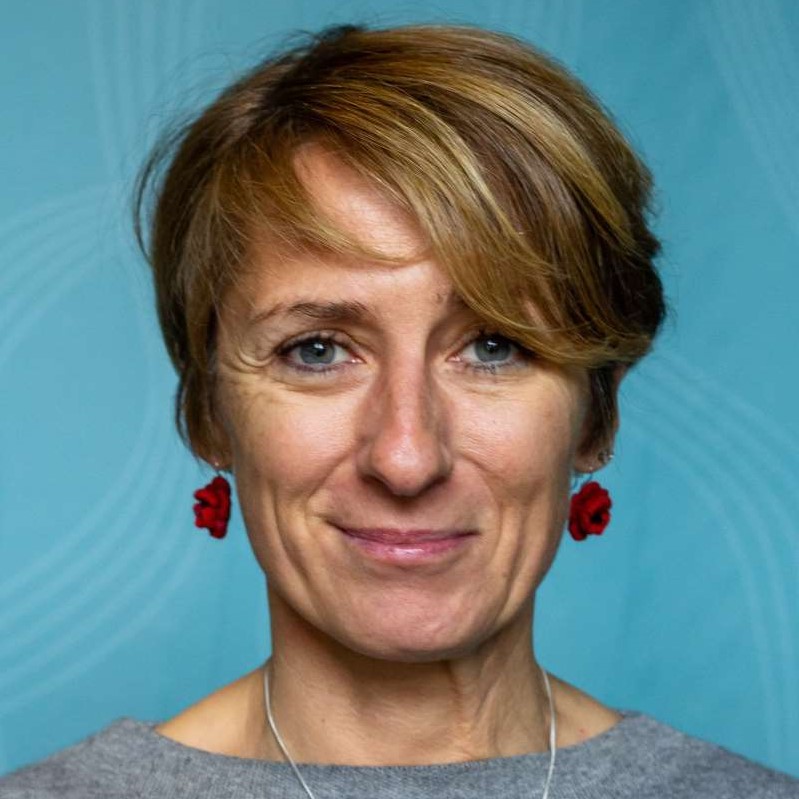
On co-production and collaborative research with refugees
Katarzyna (Kasia) Grabska
Co-productive and co-creative research is all the rage, but what does it entail? Can a research project in collaboration with members of the population studied indeed be realised, and is all research that labels itself co-productive, truly so?
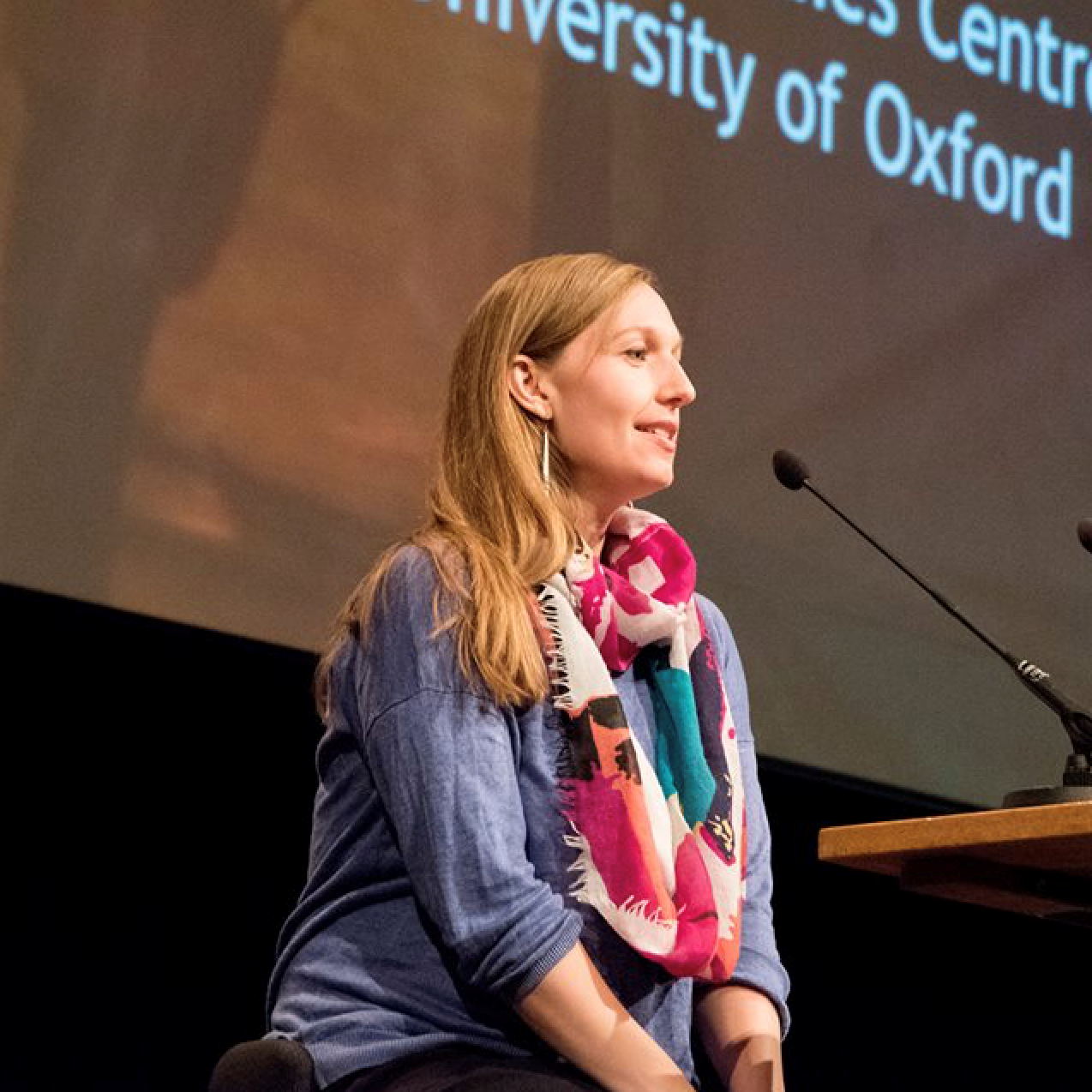
On refugee self-reliance
Evan Easton-Calabria
A central concern in debates around refugee integration is that of labour market integration. But how do displaced people create livelihoods for themselves and become self-reliant?
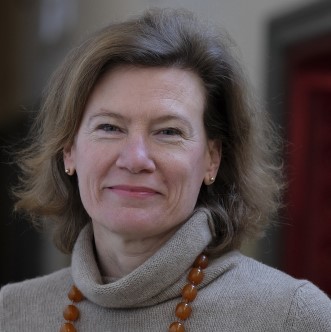
On ways to explore migrants' transnational connections
Valentina Mazzucato
Milena Belloni speaks to Valentina Mazzucato about how she explores the minute details of everyday migrant transnationalism: the ties and relationships that connect migrants with other people across nation-state borders.
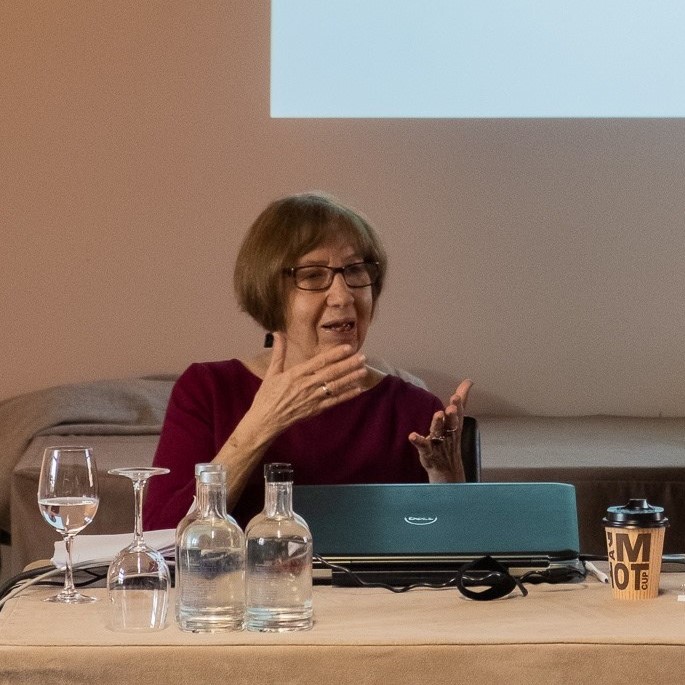
On conceiving 'migrant transnationalism'
Nina Glick Schiller
Nina Glick Schiller recounts how the ideas for "Nations Unbound" germinated, and how she carved out a career in academia from the margins.
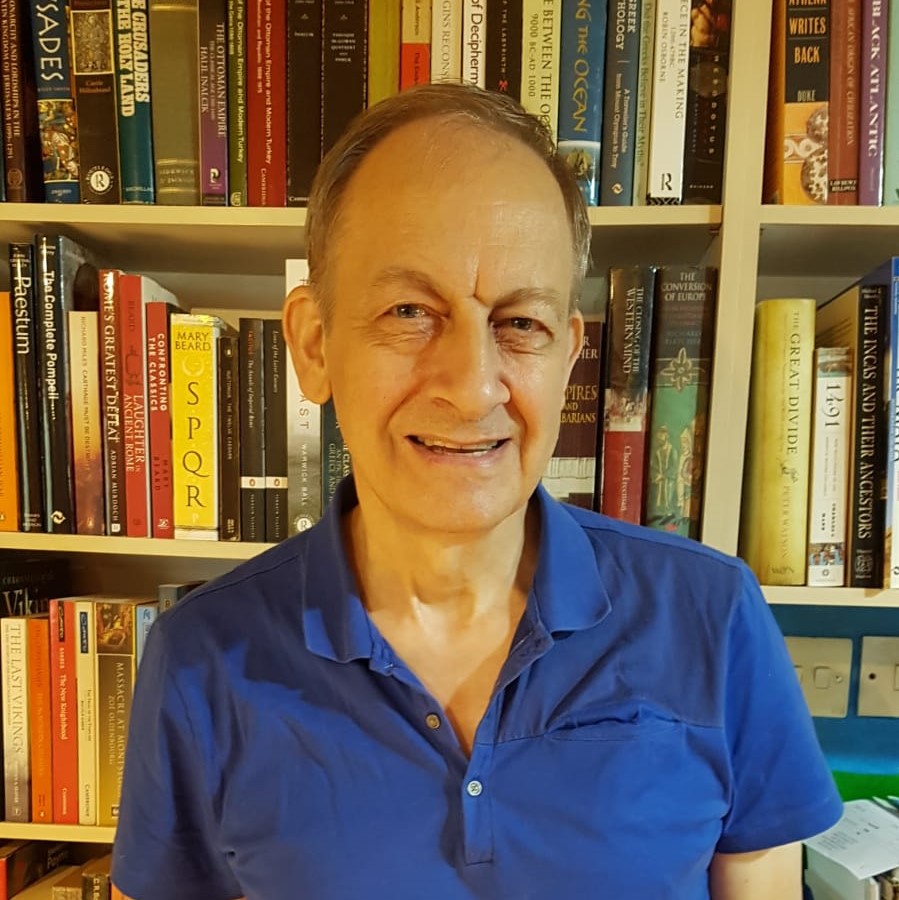
On struggling for migrant workers' rights in Singapore
John Gee
Singapore relies on the labour of low-wage migrant workers from the Asian region. John Gee speaks about the continuing struggles to maintain foreign workers´ rights and wellbeing.
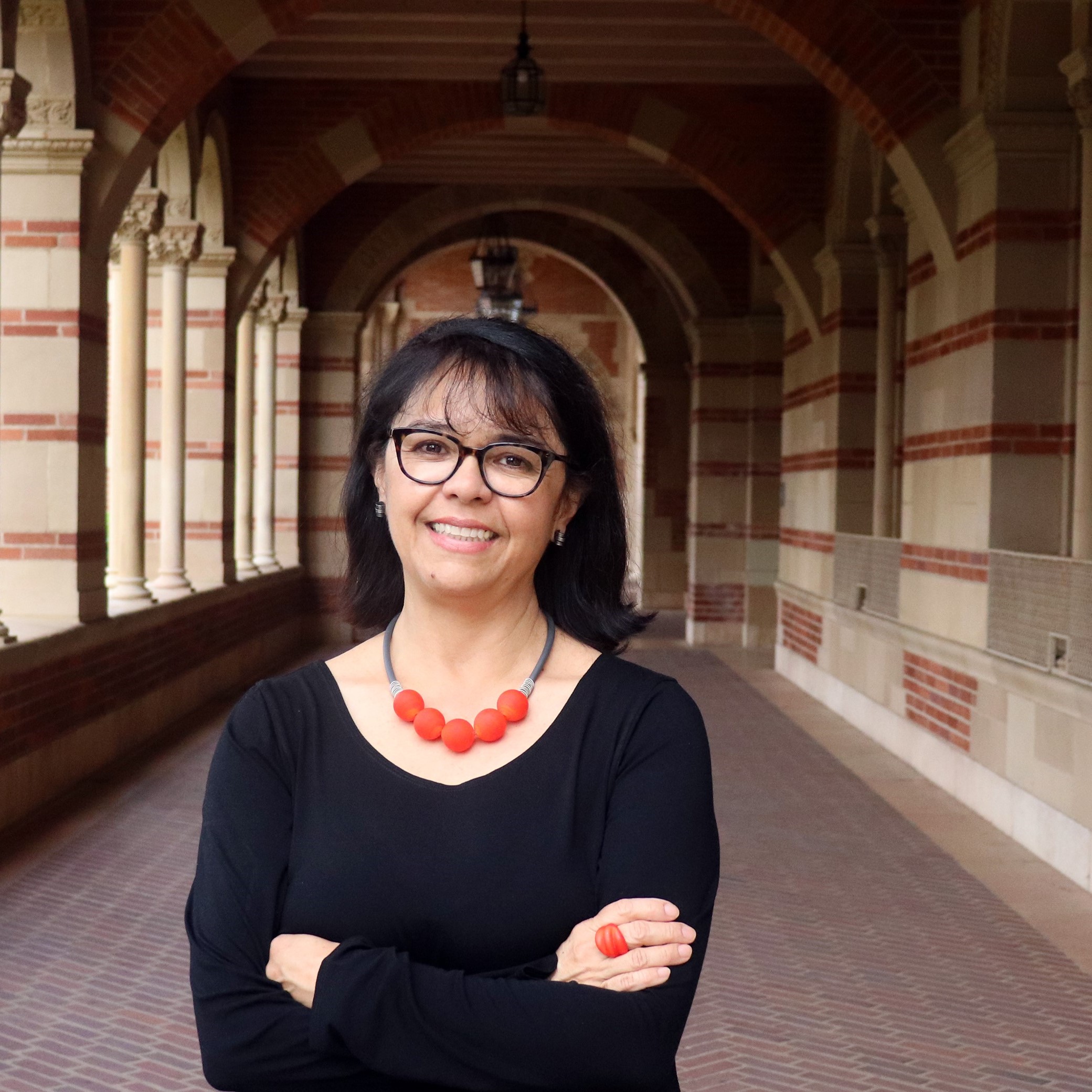
About legal liminality and different forms of violence
Cecilia Menjivar
How do bureaucracy and law shape everyday lives? We speak about liminality and the less obvious forms of violence.
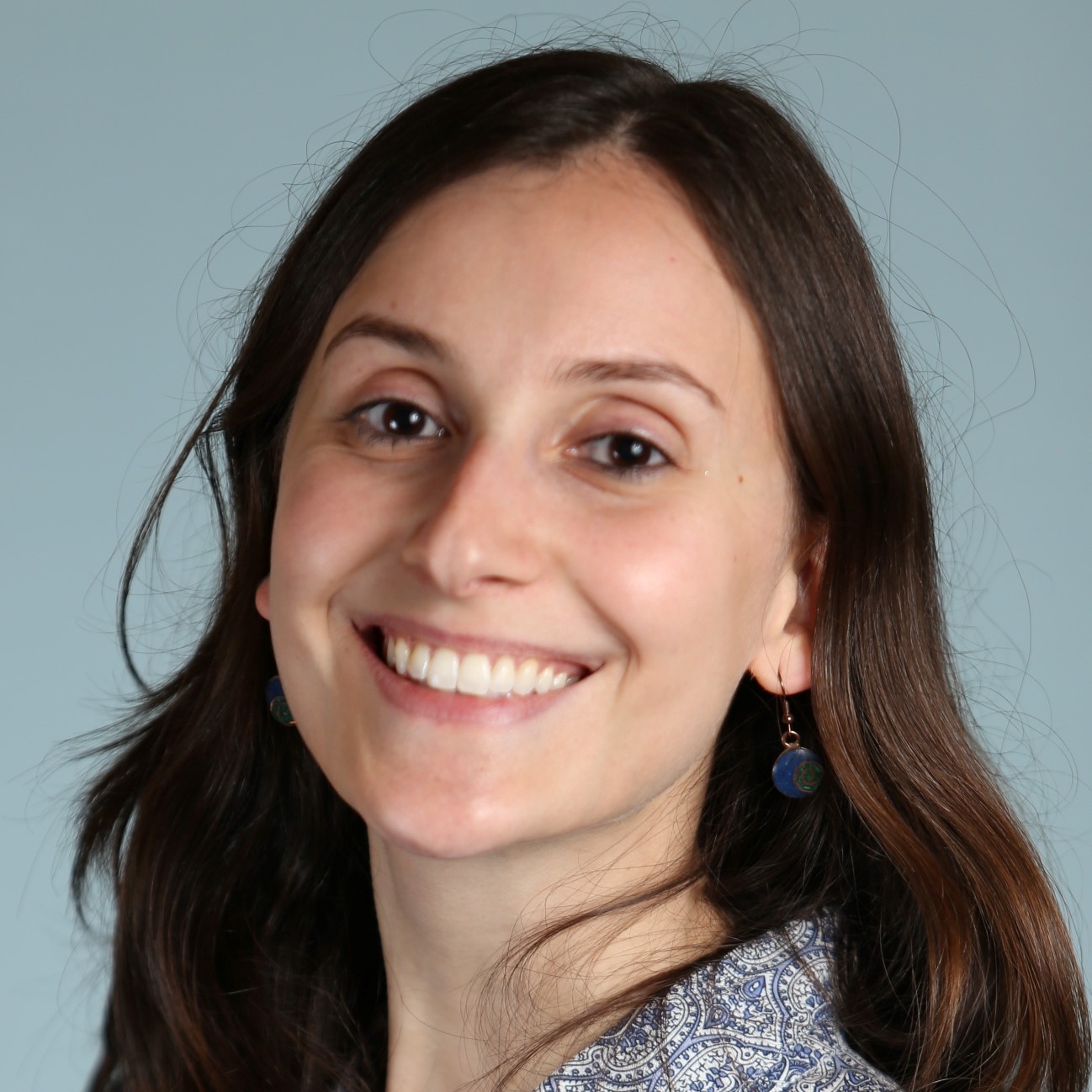
Refugees mobilizing for family reunification in Brazil
Patricia N. Martuscelli
What is a family, and under what conditions can its members live a life together, abroad? In this episode, we look at family reunification policy in Brazil.
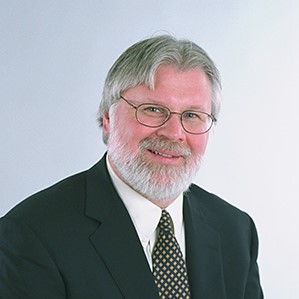
How US migration policies shaped Mexican migration to the U.S.A.
Douglas S. Massey
Season 2 begins with a conversation about migration across the U.S.-Mexican border since the early 20th century, and the role of policy.

Season 1 Recap with Fiona Seiger & Jolynna Sinanan
Fiona Seiger & Jolynna Sinanan
Season 2 is around the corner! In anticipation to the next season, listen to Jolynna and Fiona as they recap Season 1 with their favourite sound bites.
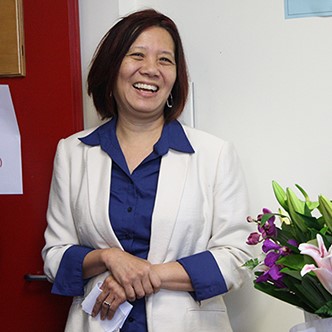
How life experiences inspired a research career
Ien Ang
Ien Ang speaks about her research on media audiences , cultural consumption, migration and identity politics in an age of globalisation, and what her biography has got to do with it.
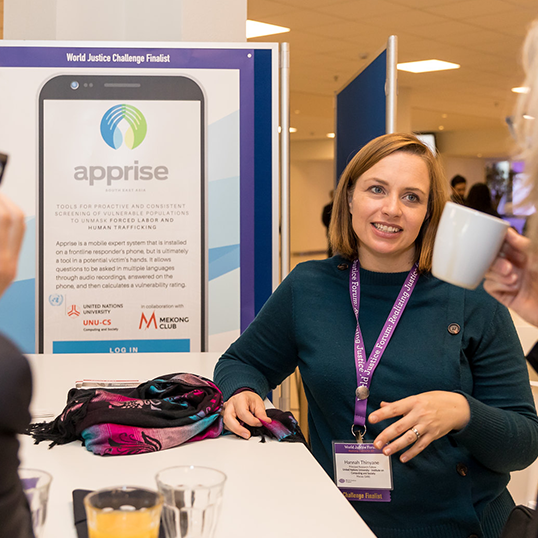
ICT against labour exploitation and human trafficking
Hannah Thinyane
Worldwide, almost 25 million people were in a situation of forced labour in 2016. To fight the problem, researchers developed an app.
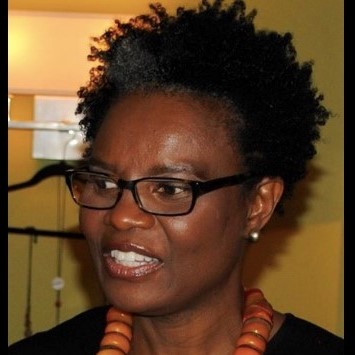
African Youth in Waithood
Alcinda Honwana
Alcinda speaks about young Africans' aspirations to become productive and accomplished members of society, and how these aspirations get youth to mobilise, politically and across space.
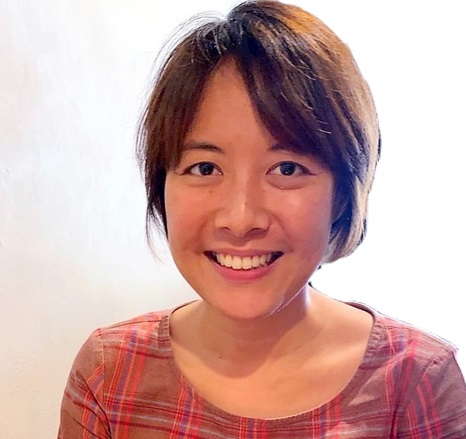
Comparing Sinophobia in Singapore and Australia
Sylvia Ang & Val Colic-Peisker
Sylvia and Val speak about their work on new Chinese migrations to Singapore and Australia. We focus our conversation on one of the consequences: rising hostility towards China and its people, or Sinophobia.
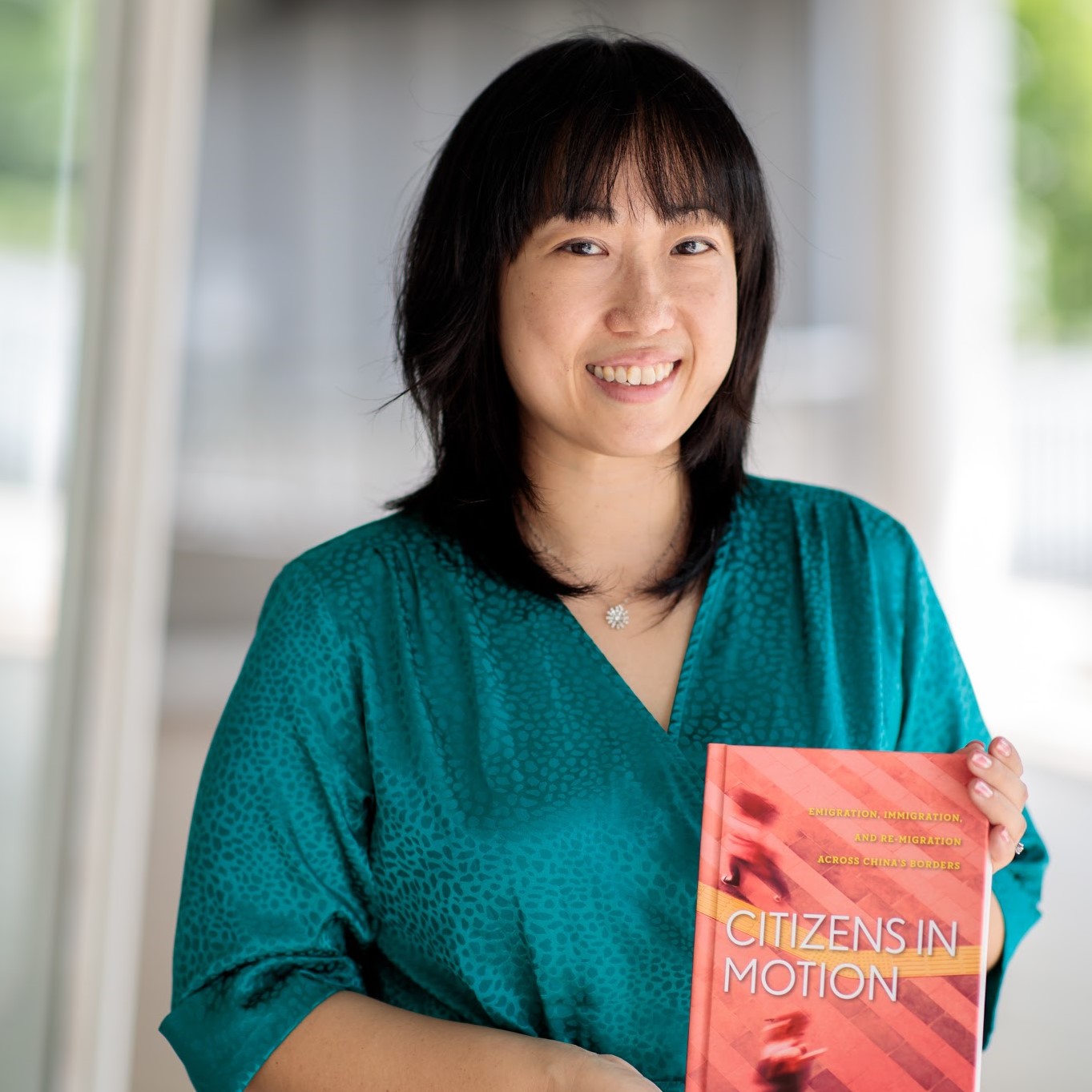
Citizens in Motion and Chinese diaspora engagement
Elaine Lynn-Ee Ho
Based on multi-sited research, Elaine explores the very different ways in which Chinese overseas relate to their countries of citizenship, to mainland China, and to other cohorts of Chinese emigrants.

Transnational families, media, and care across distance
Loretta Baldassar
Until the end of the past century, visits, phone calls, letters, and remittances were common means to upholding relationships across distance and showing care. Today, mobile devices and fast internet connections open new avenues to stay in touch across distance.

The Floating Population in China
Xinyuan Wang
Jolynna Sinanan spoke to Xinyuan Wang about her work with temporary, low-wage workers in Chinese factory towns, looking at, what she calls “the human face of Made in China”.
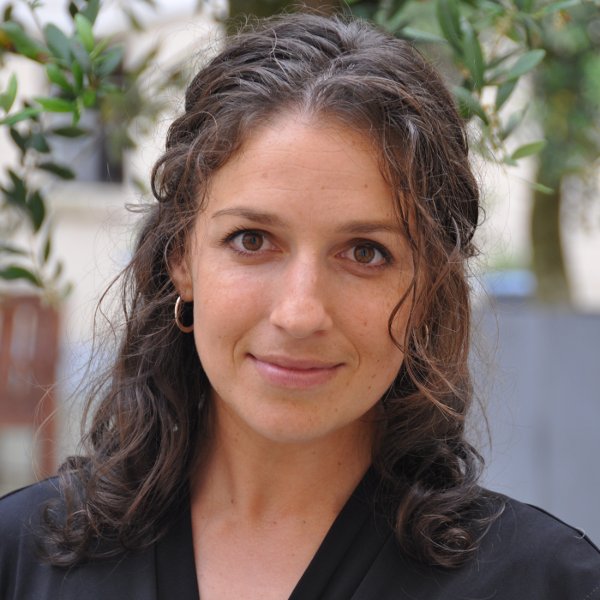
Misconceptions about migration and development
Melissa Siegel
In this episode I speak to Melissa Siegel about the aspirations that drive people's decisions to live elsewhere. Through her research, Melissa debunks the idea that people migrate only to escape poverty and conflict, and that development in sending countries reduces emigration.
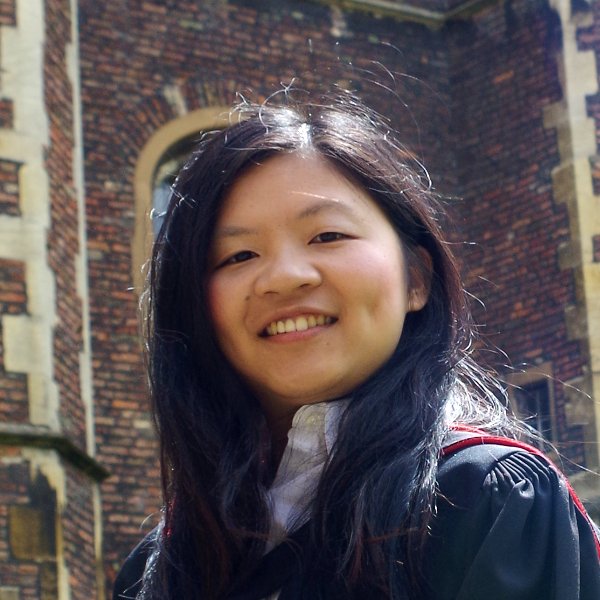
Educational mobilities of Chinese students
Cora Xu
People move abroad for many reasons, one being education. Jamie spoke to Cora Xu about the educational mobilities of Chinese university students.

Polish LGBTQ migrants in the UK
Lucasz Szulc
When we think about why people migrate, we often think of push and pull factors. In this episode Jamie Coates interviews Lukasz Szulc, whose research with LGBTQ migrants shows that gender identity and sexual orientation, too, can play a role in migration decisions and experiences.

Introduction Season 1
Jolynna and Fiona
Fiona and Jolynna tell you what you can expect from the first Season of the Migration Podcast, ranging from the question ‘why do people migrate’ to ‘who is involved?’.

Fiona Seiger
Producer
Introducing ‘The Migration Podcast’
